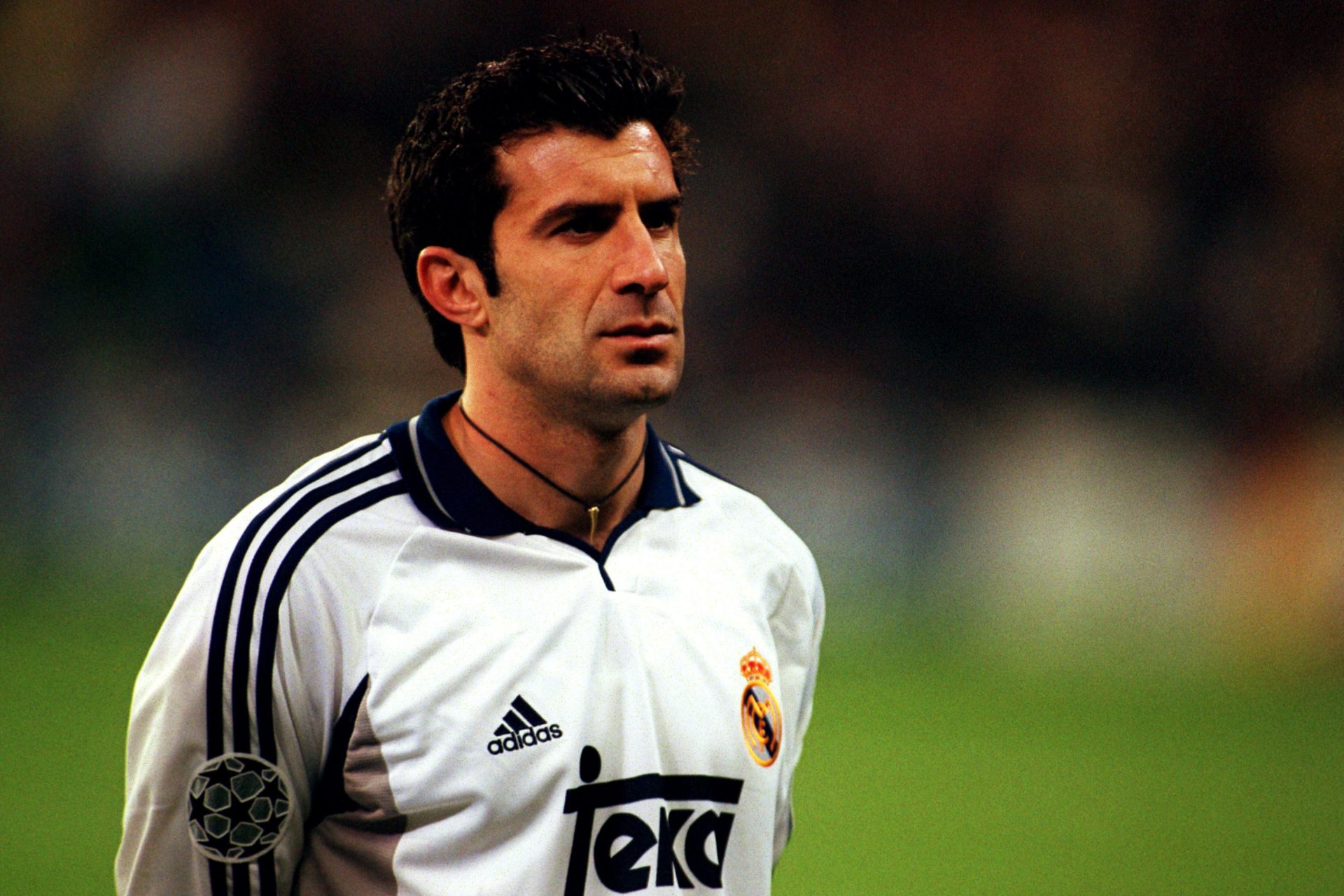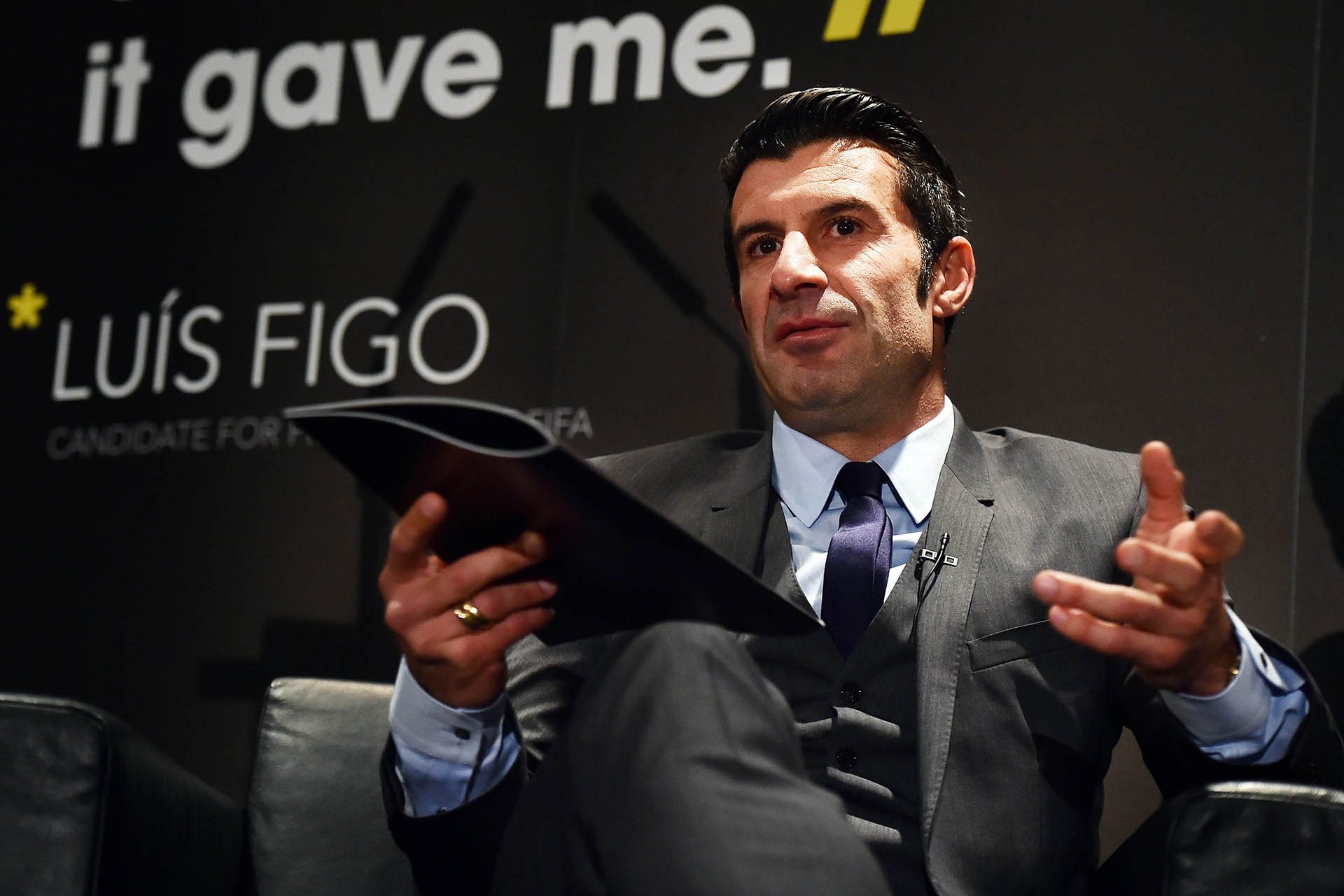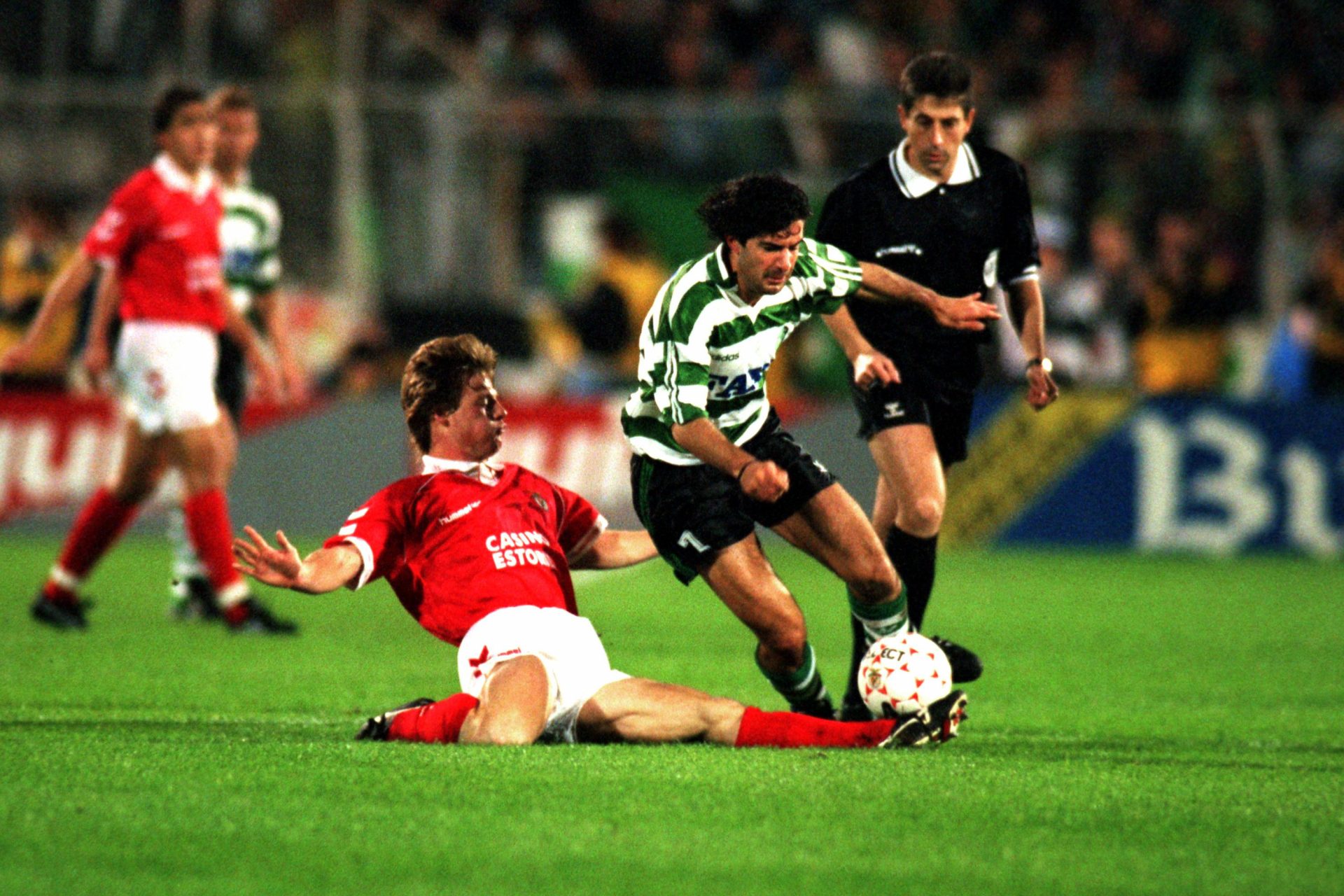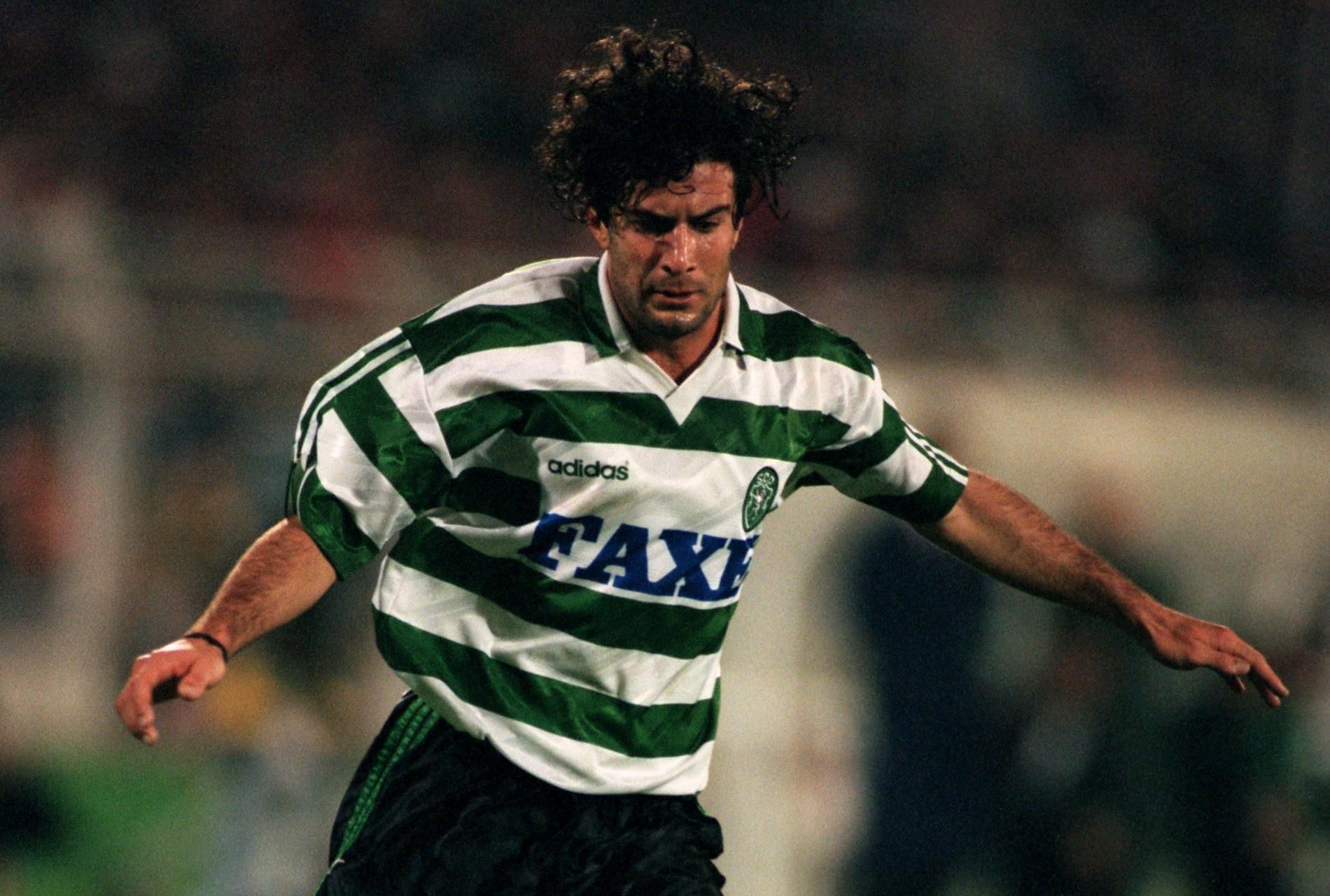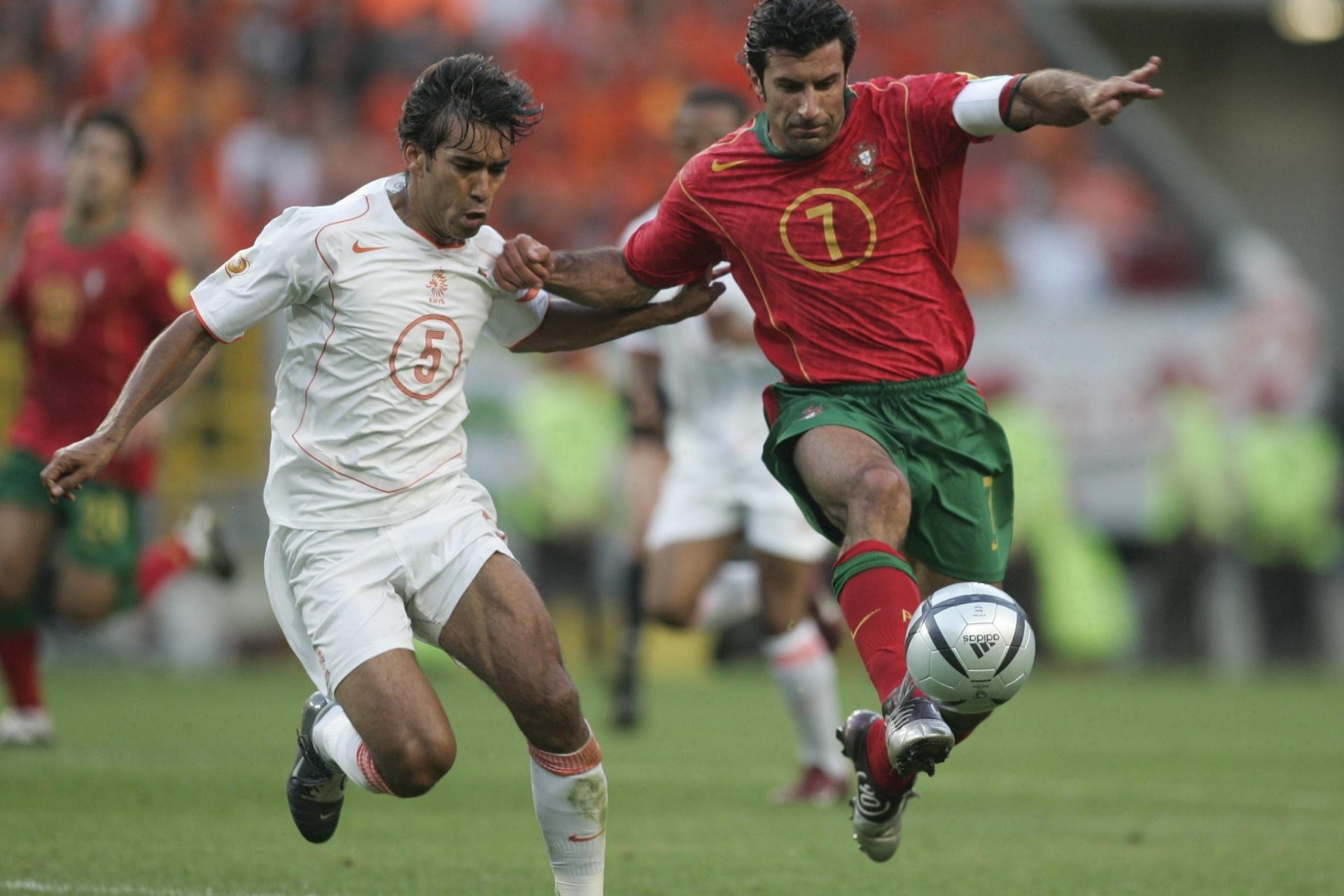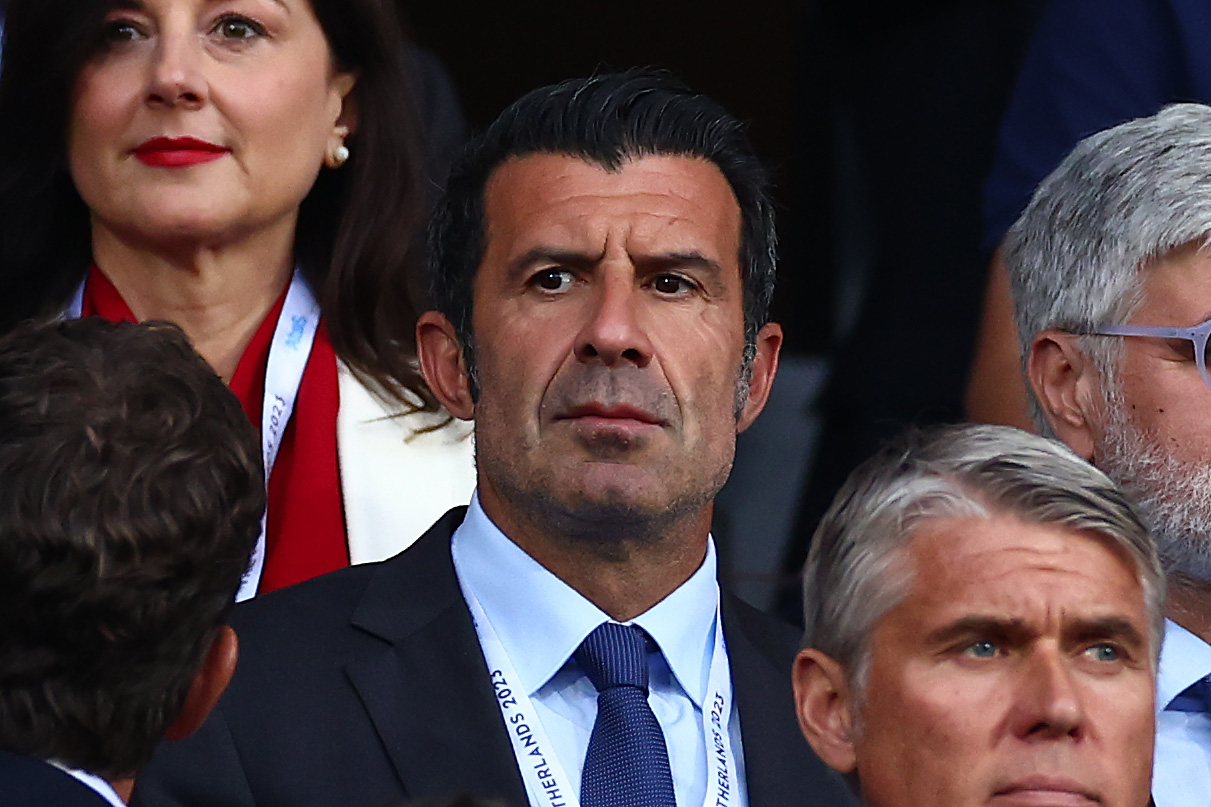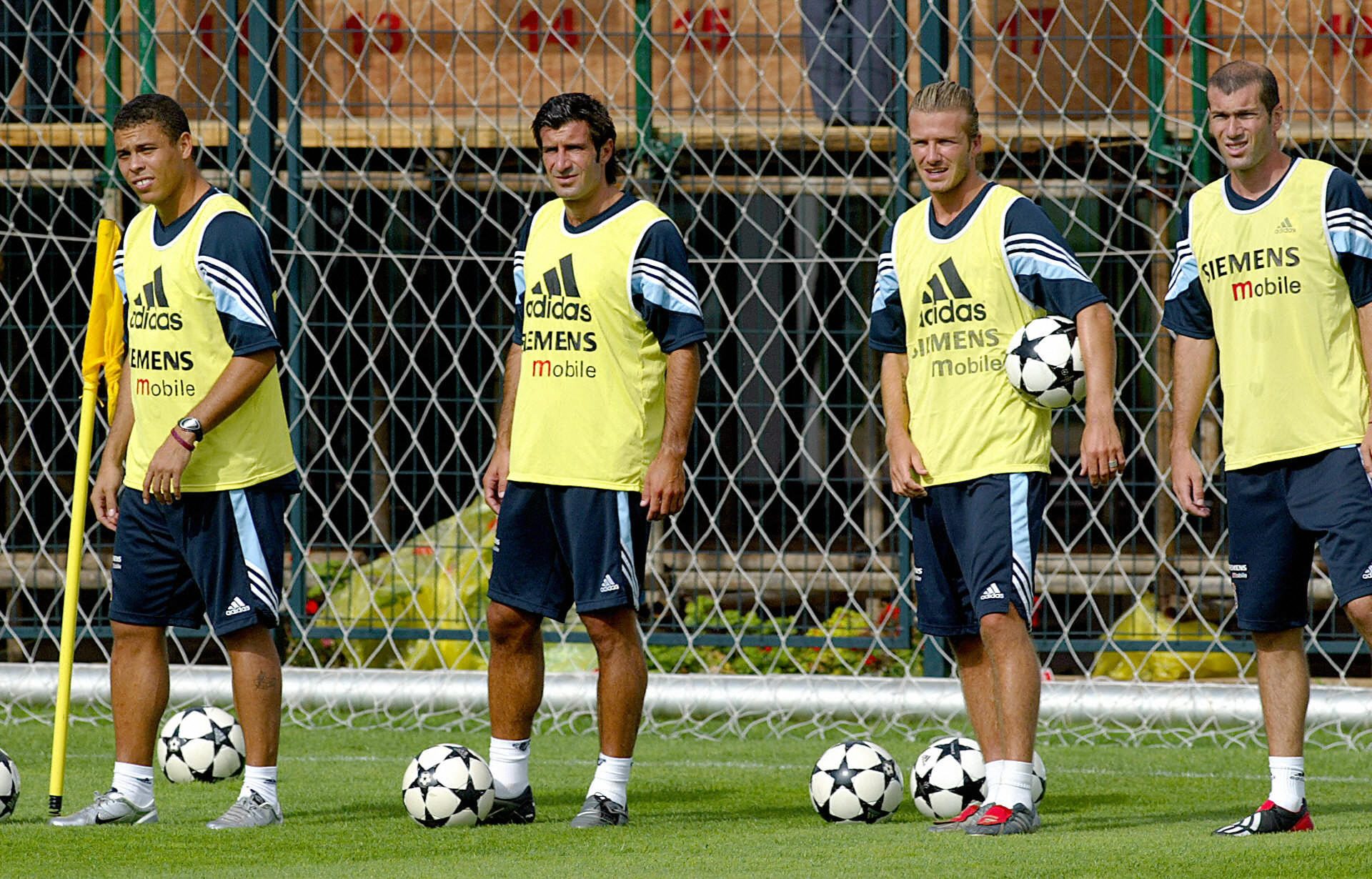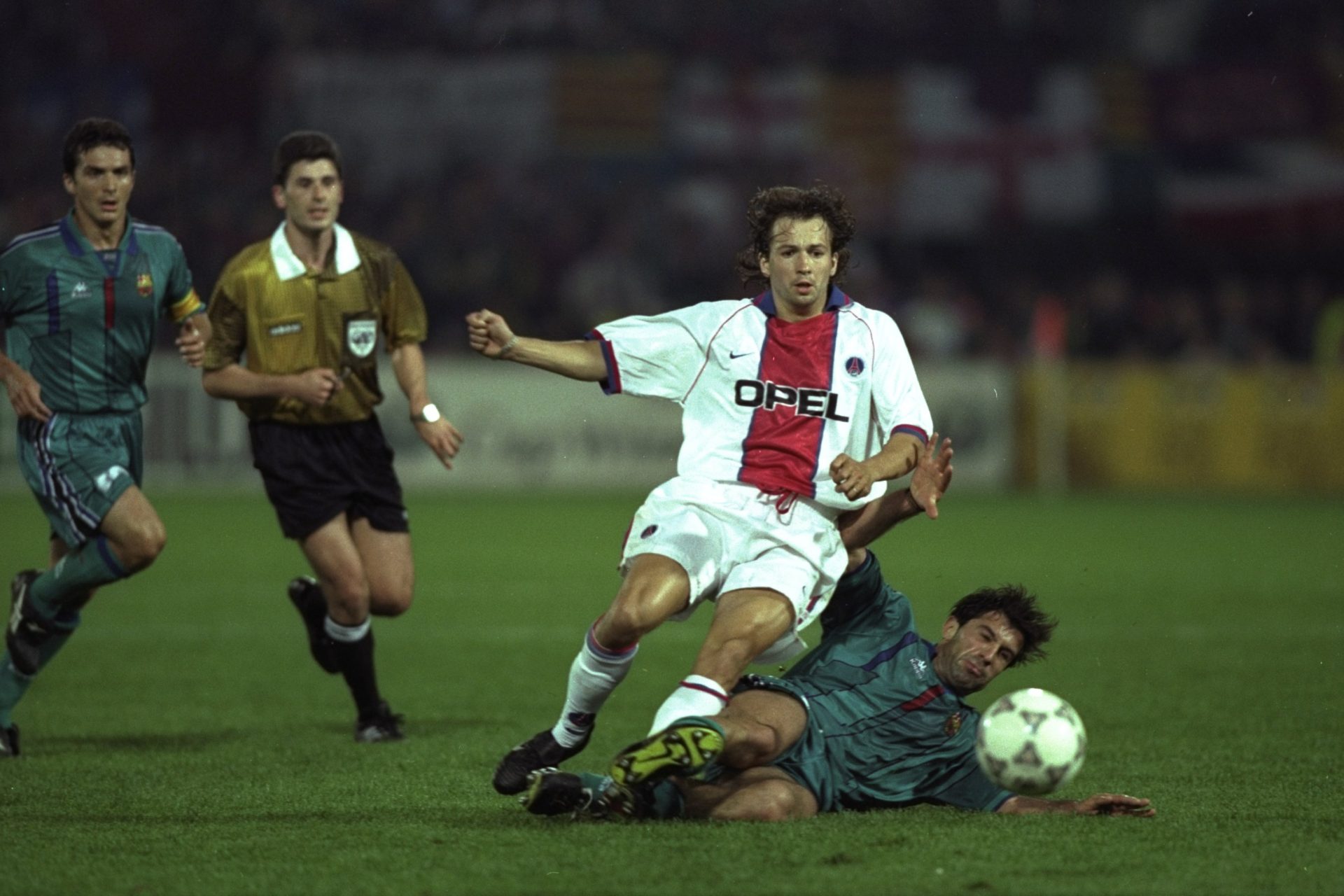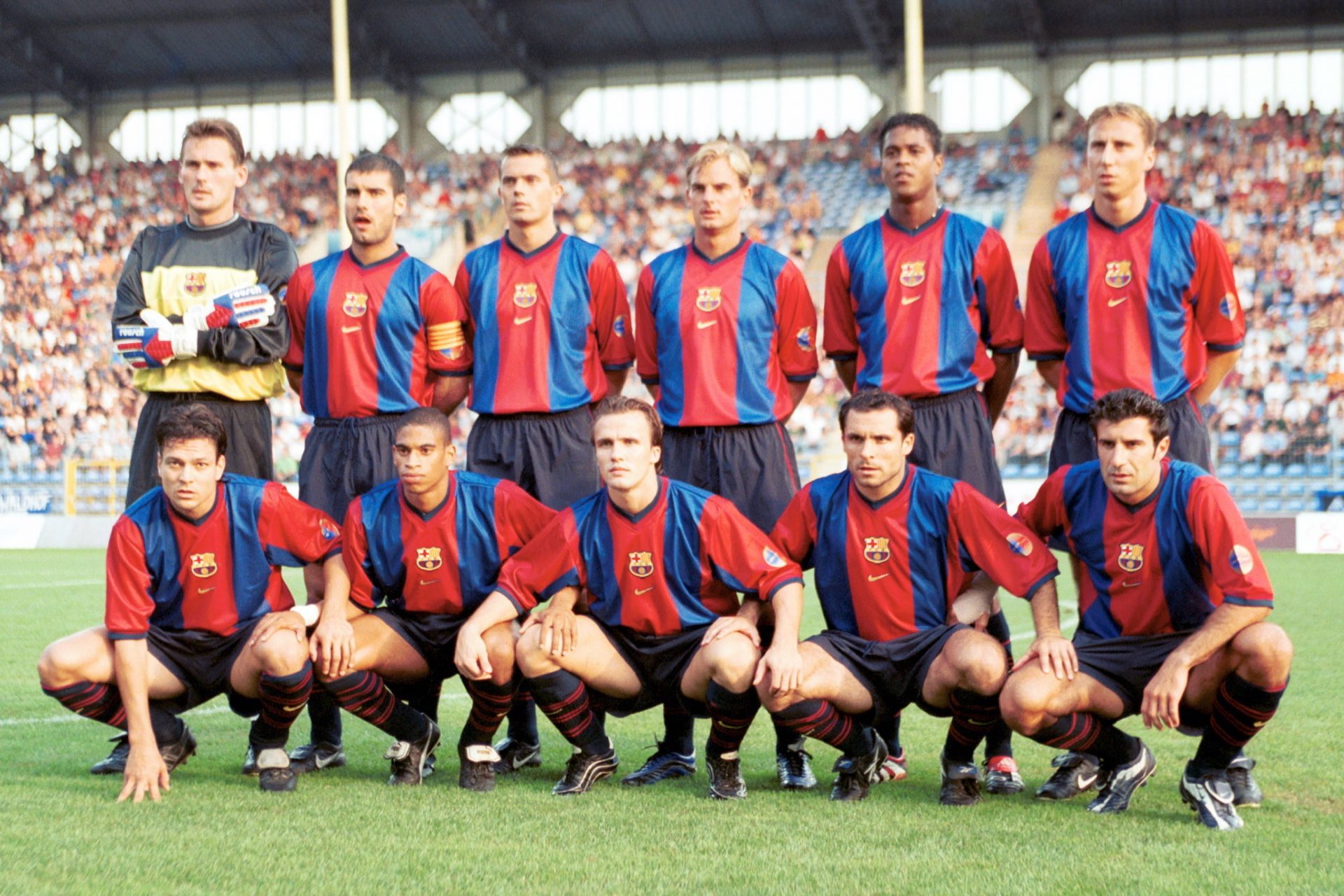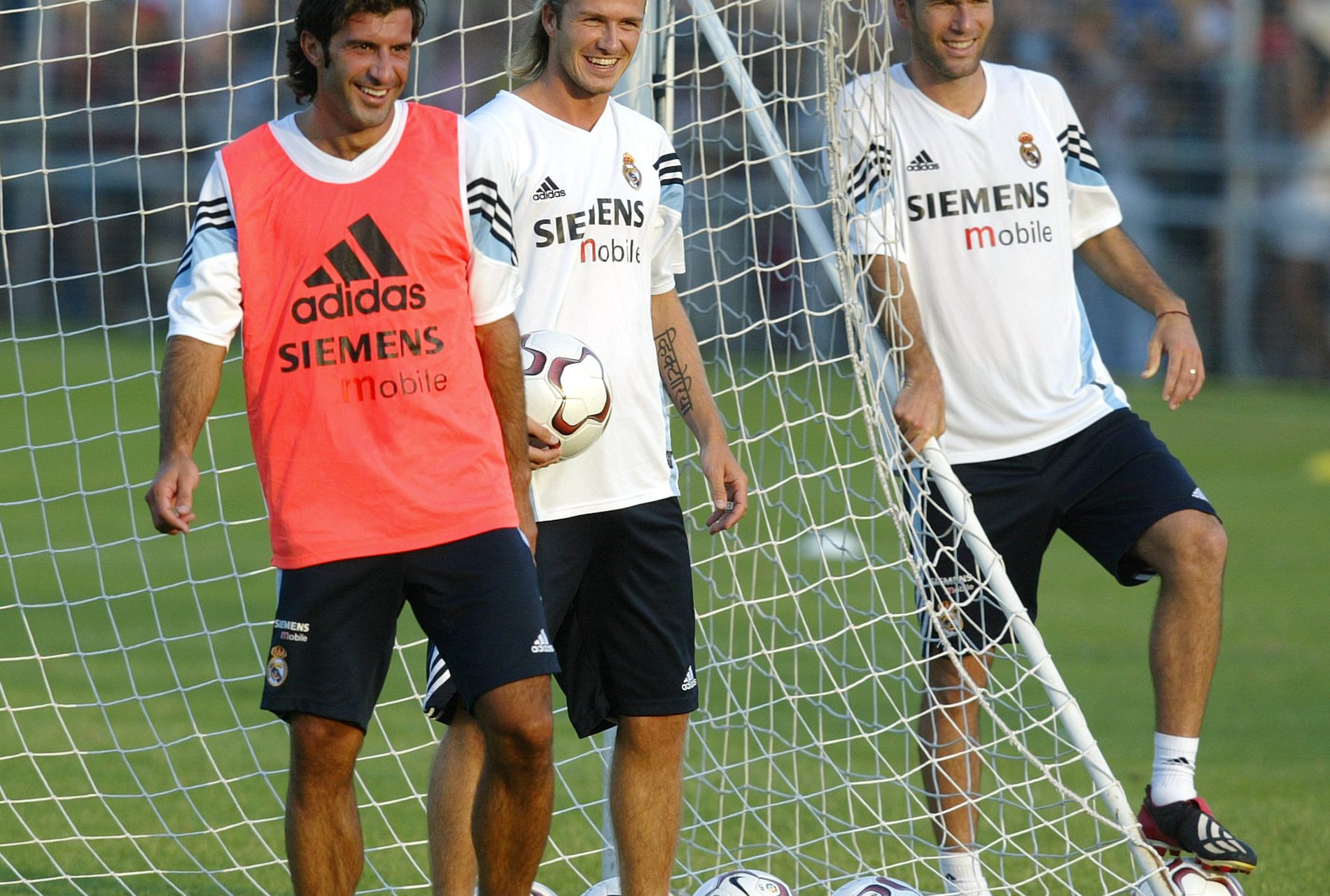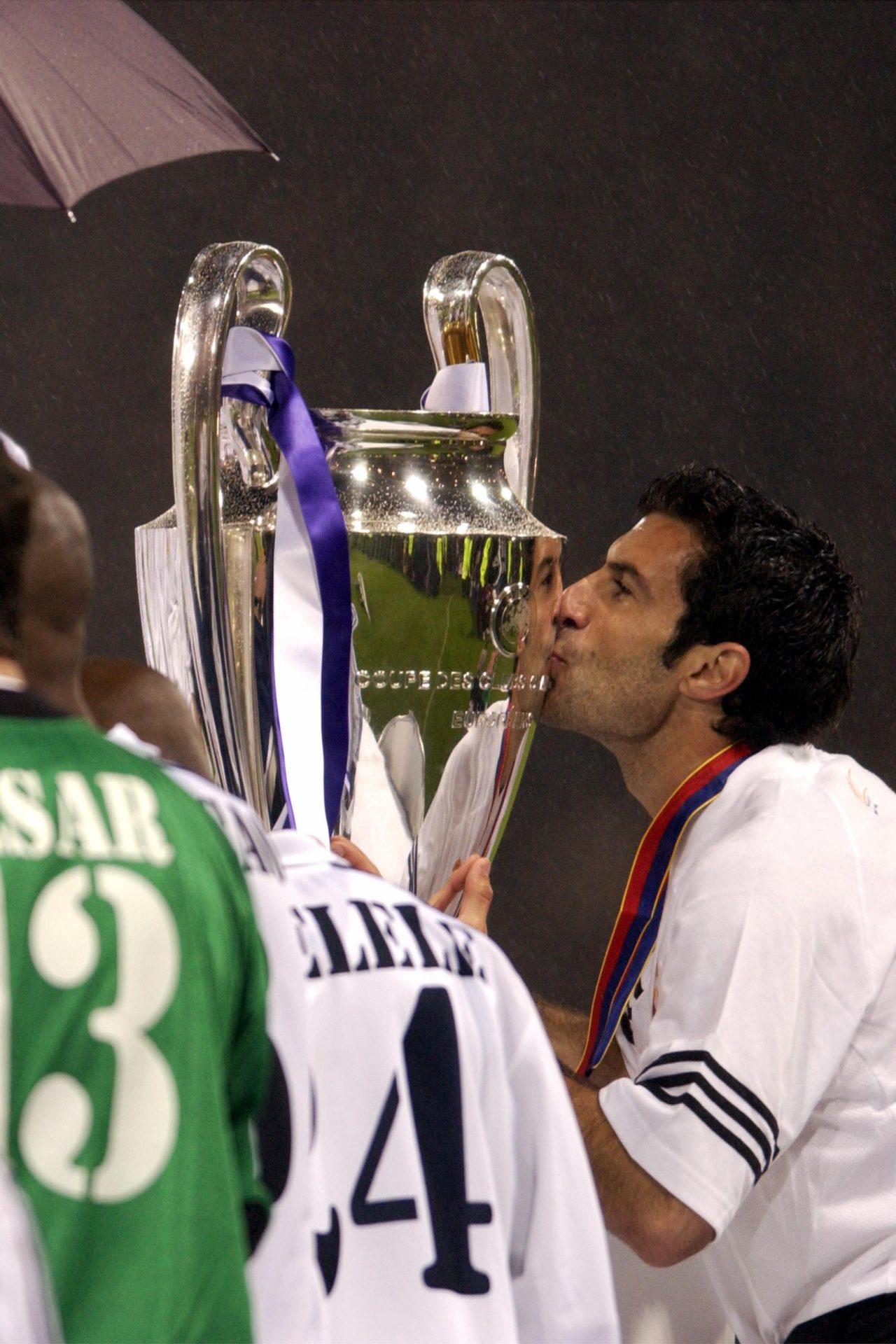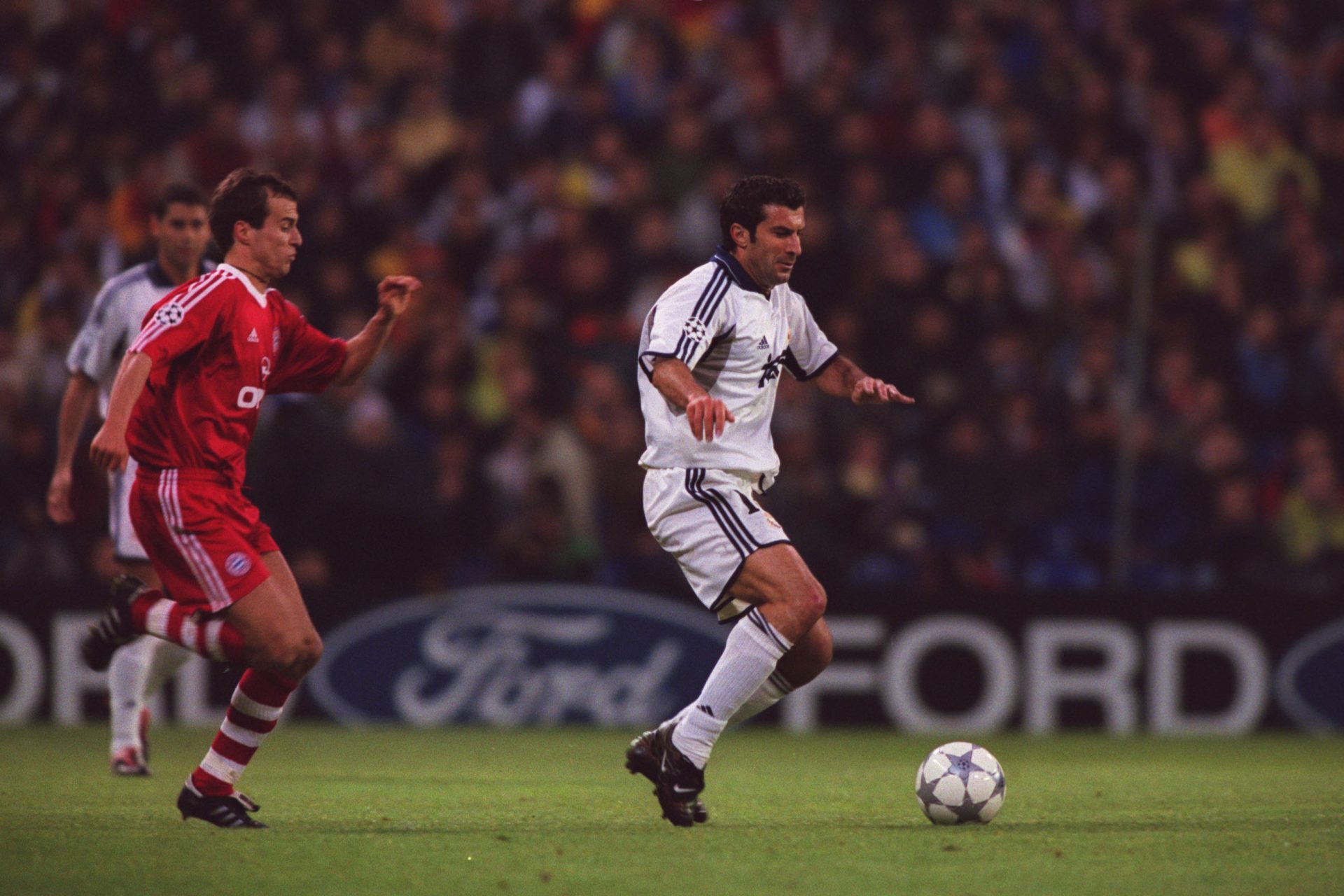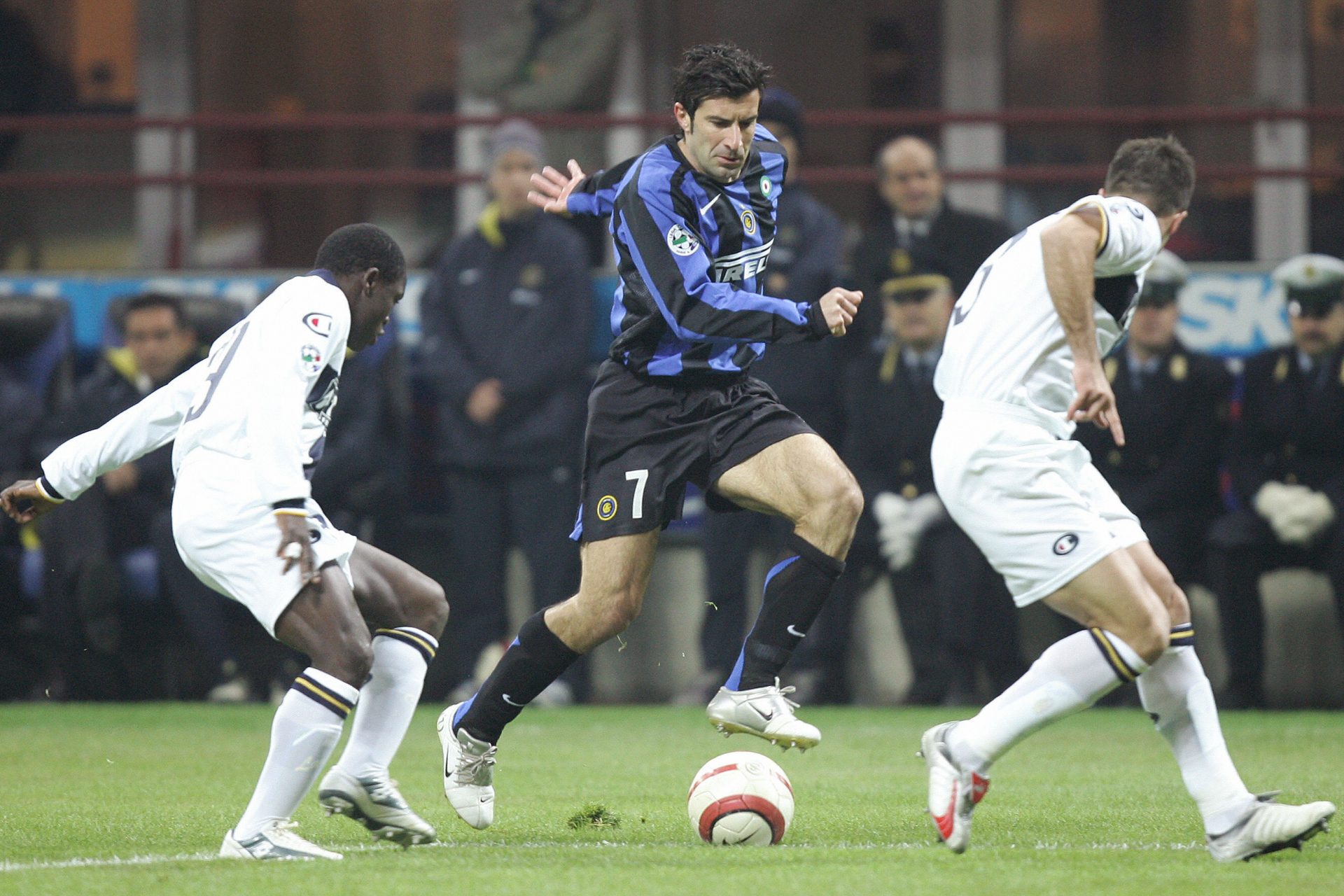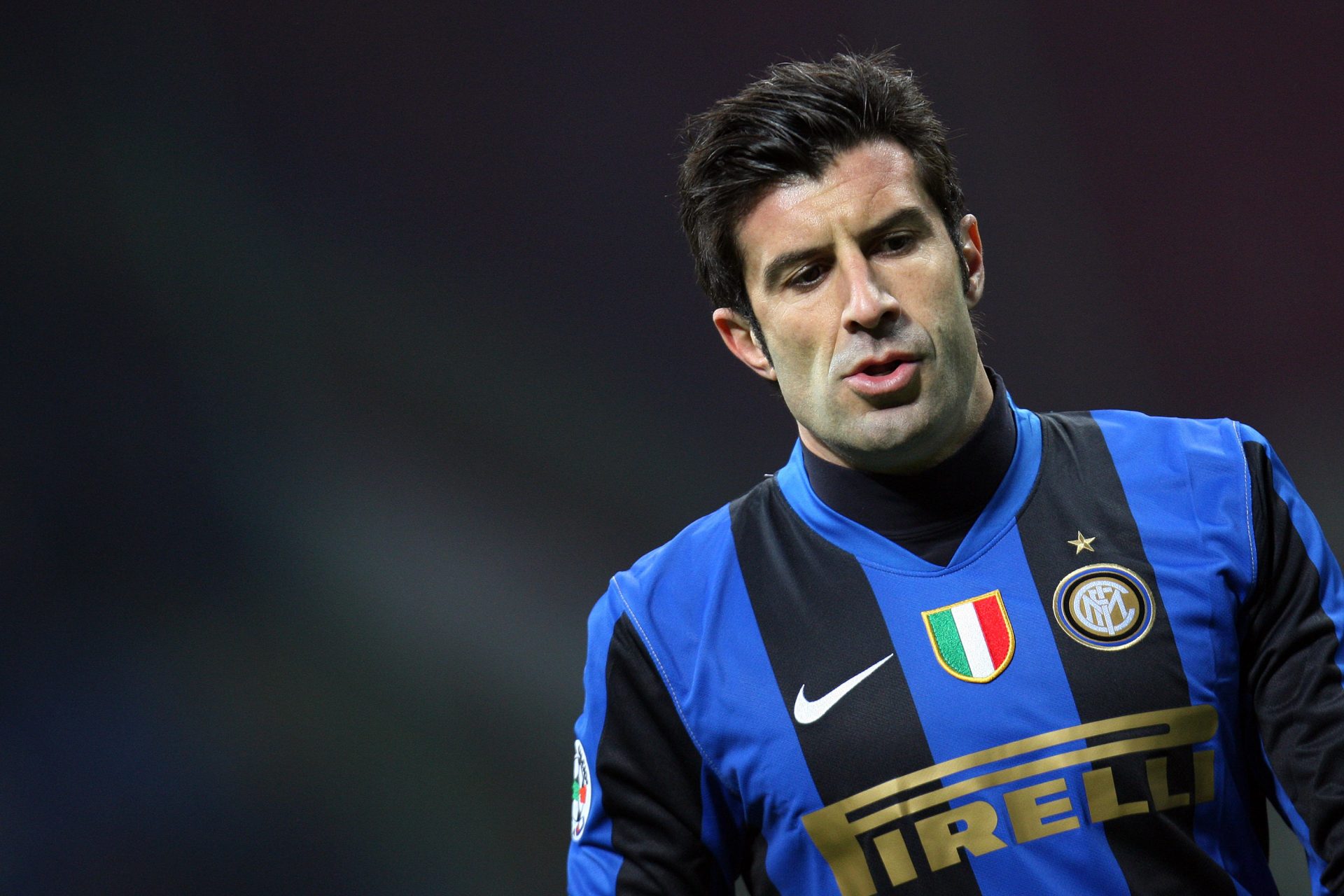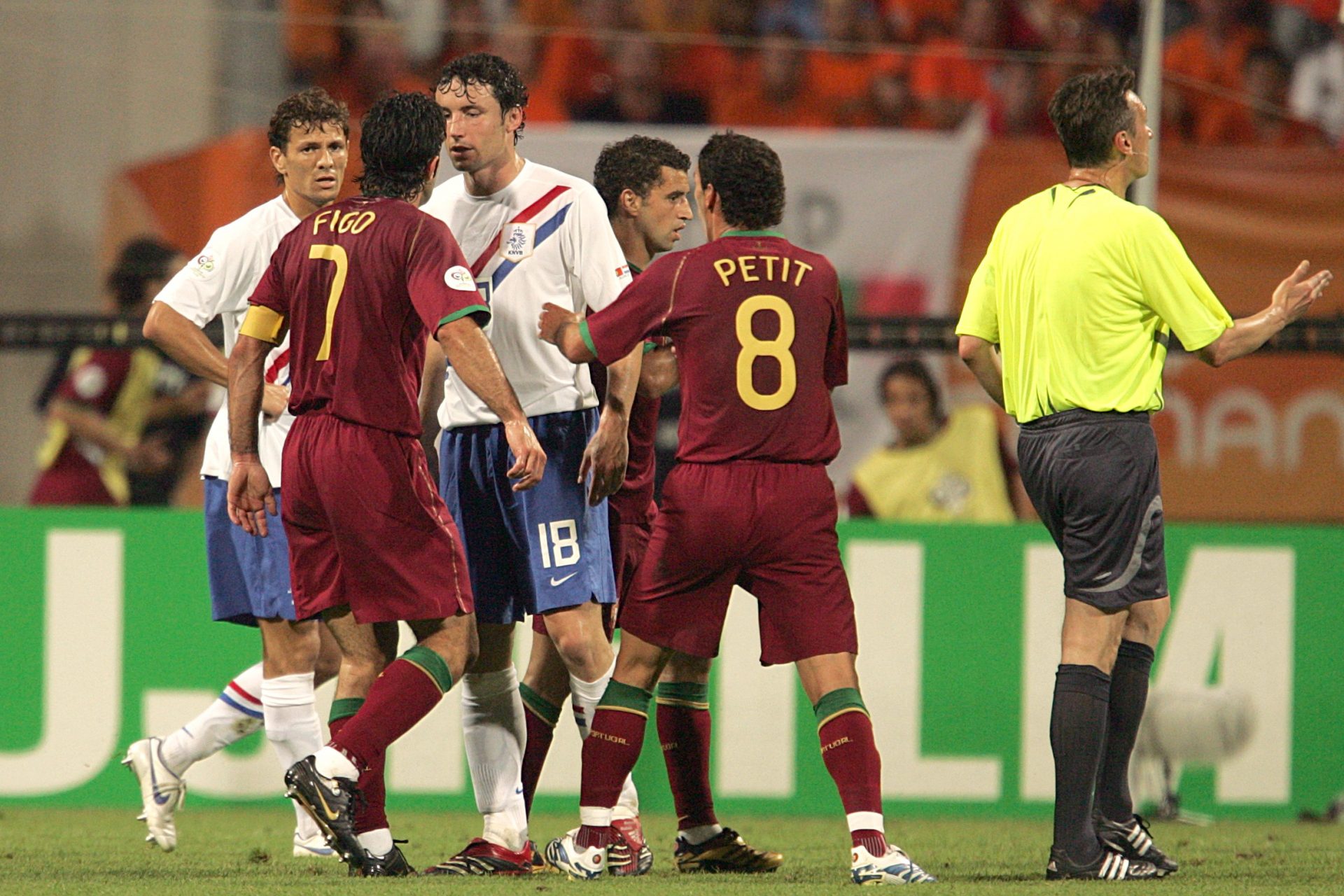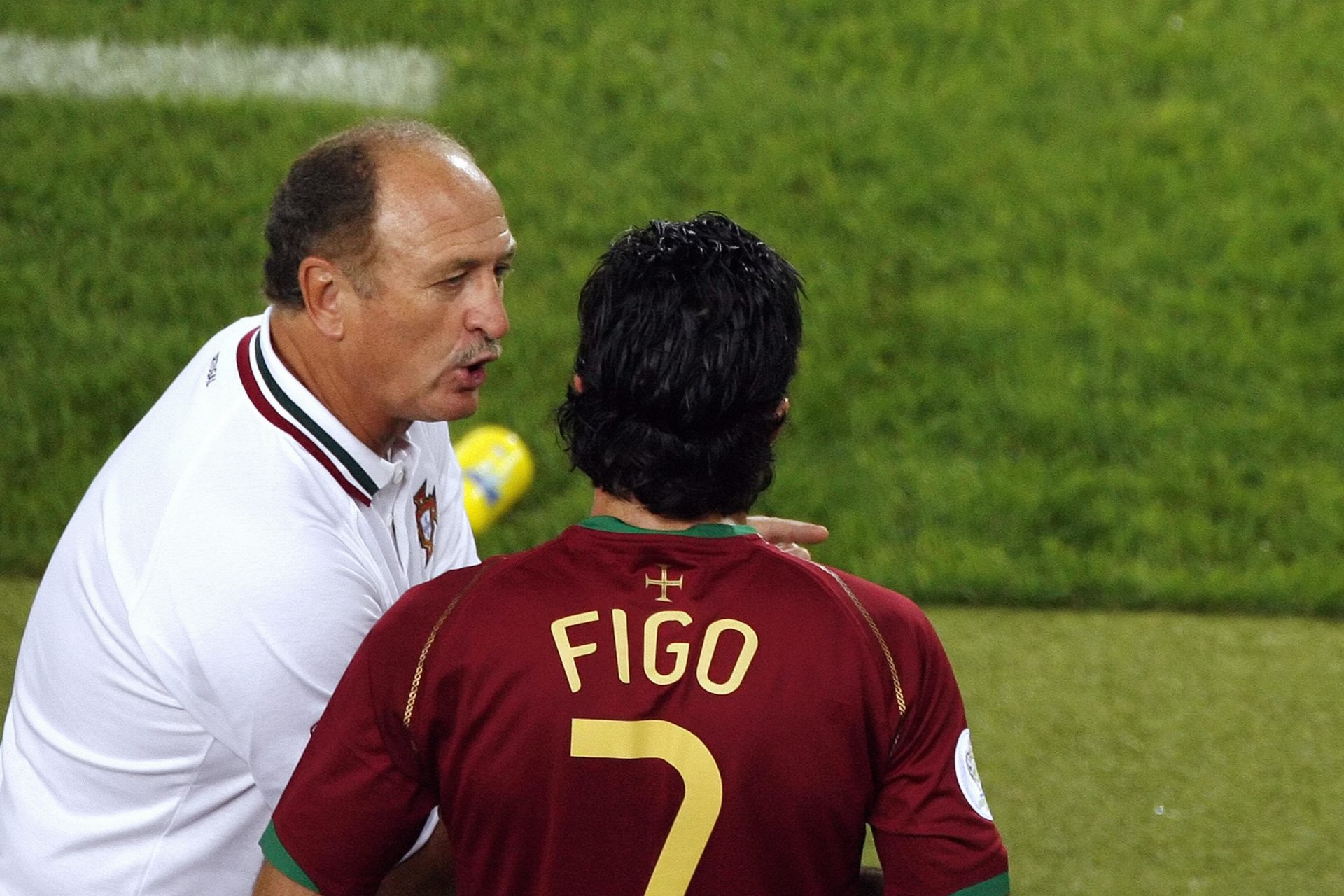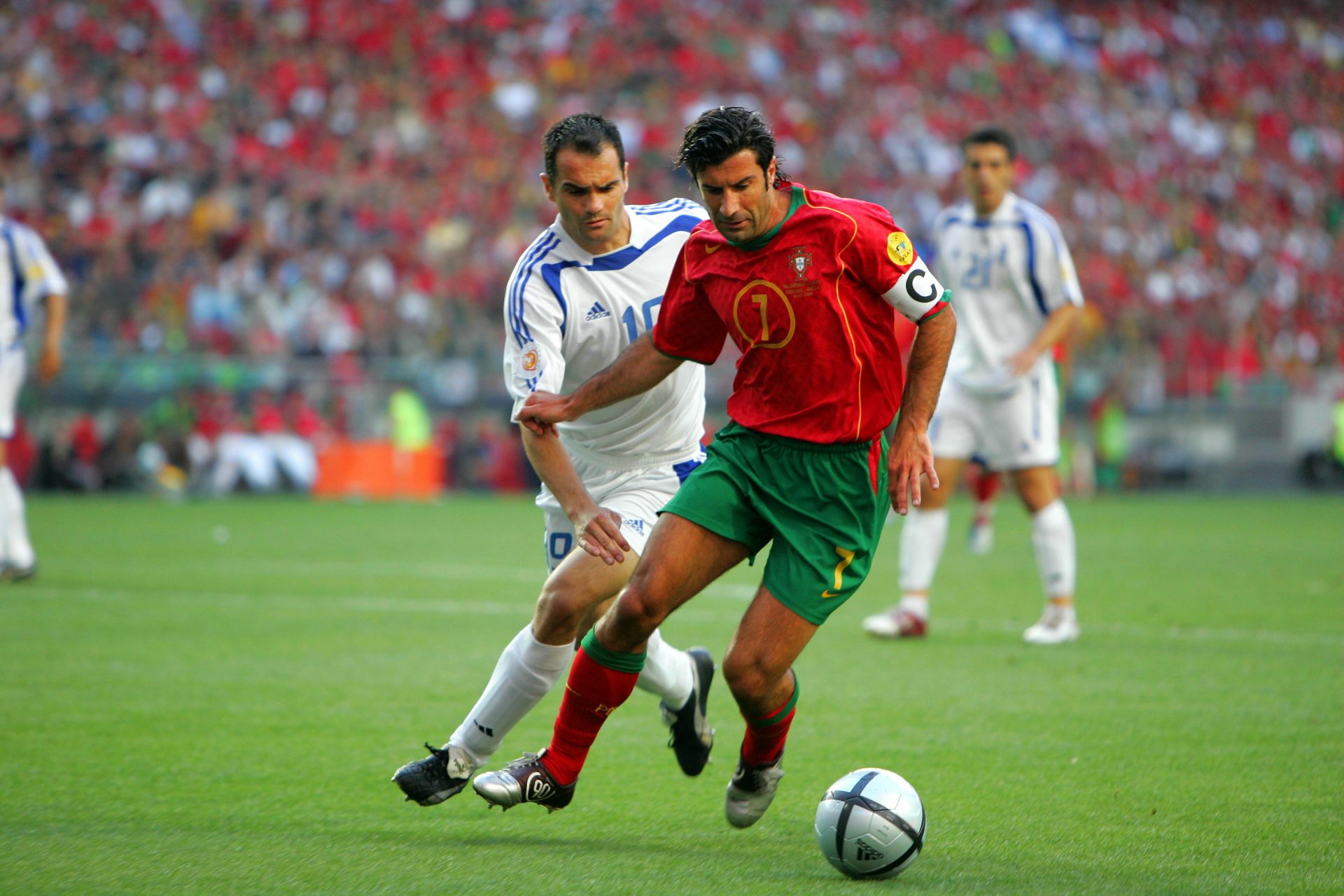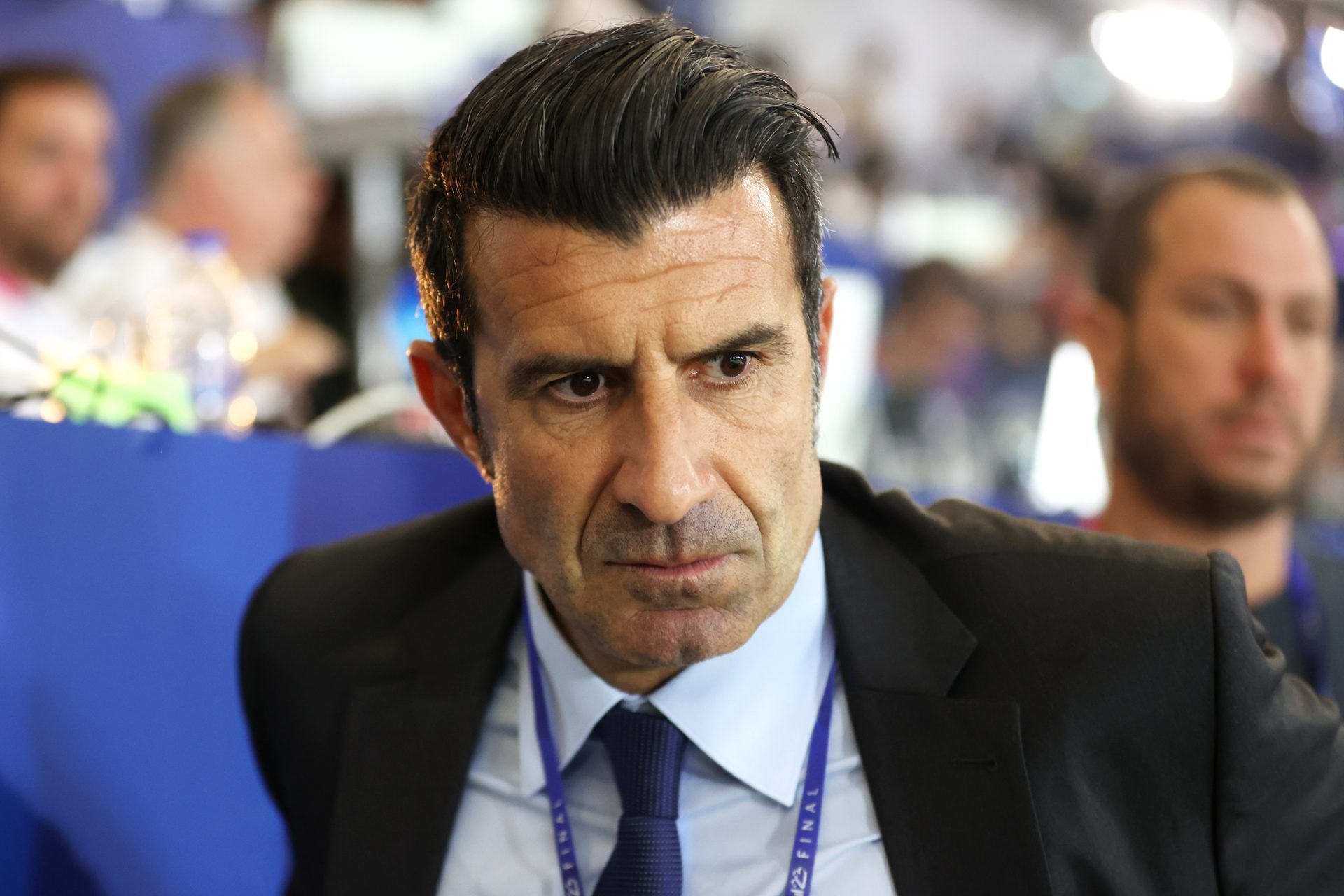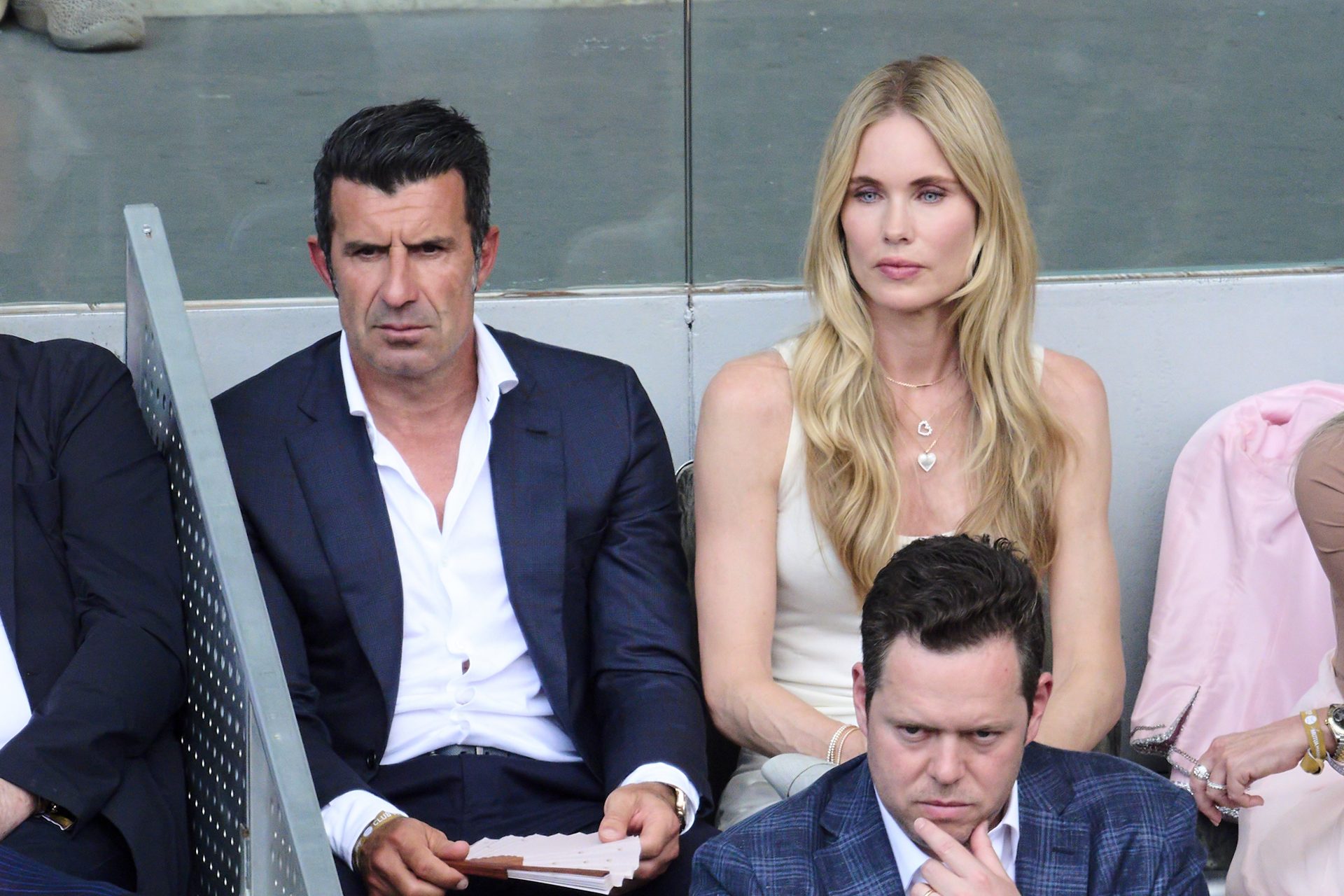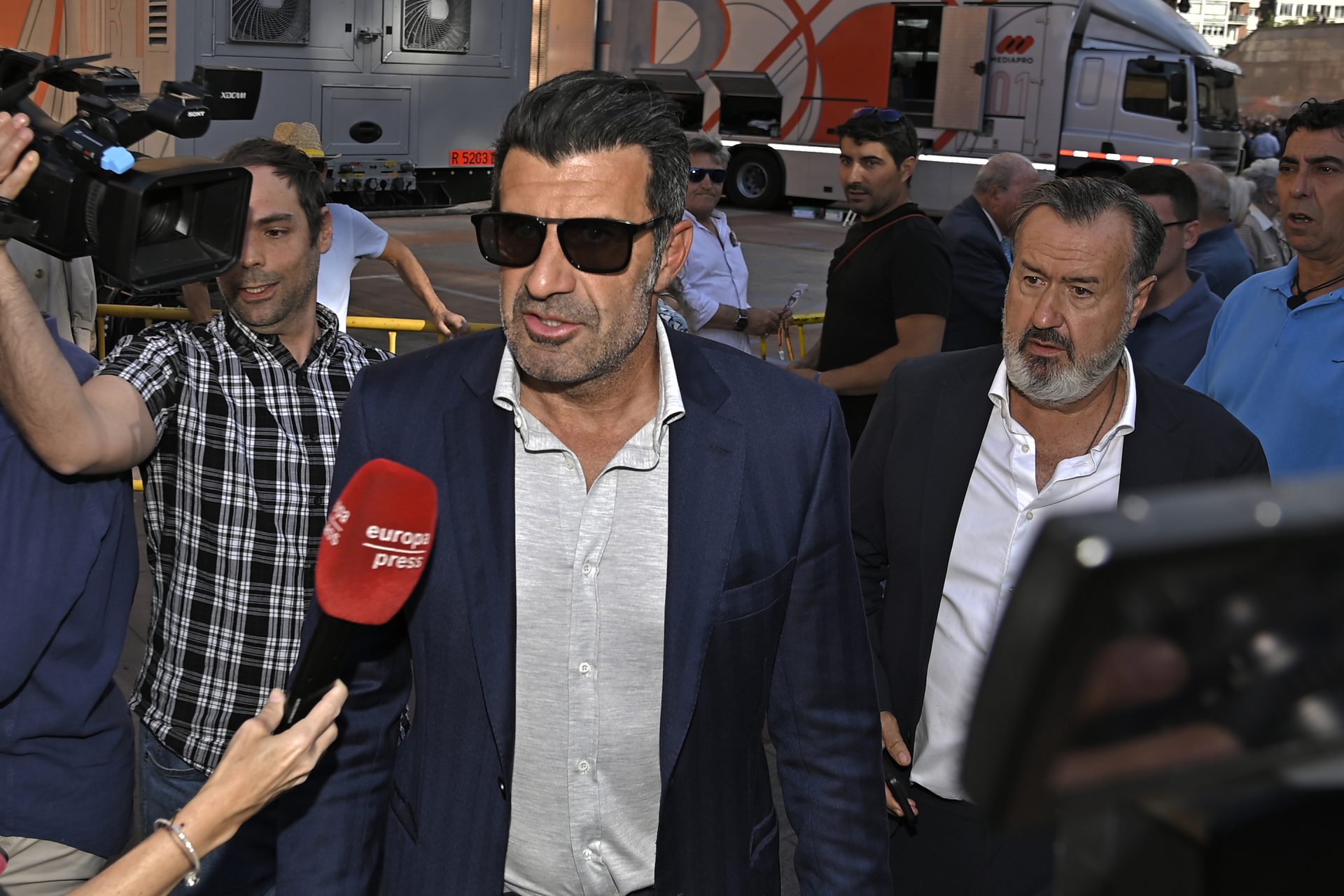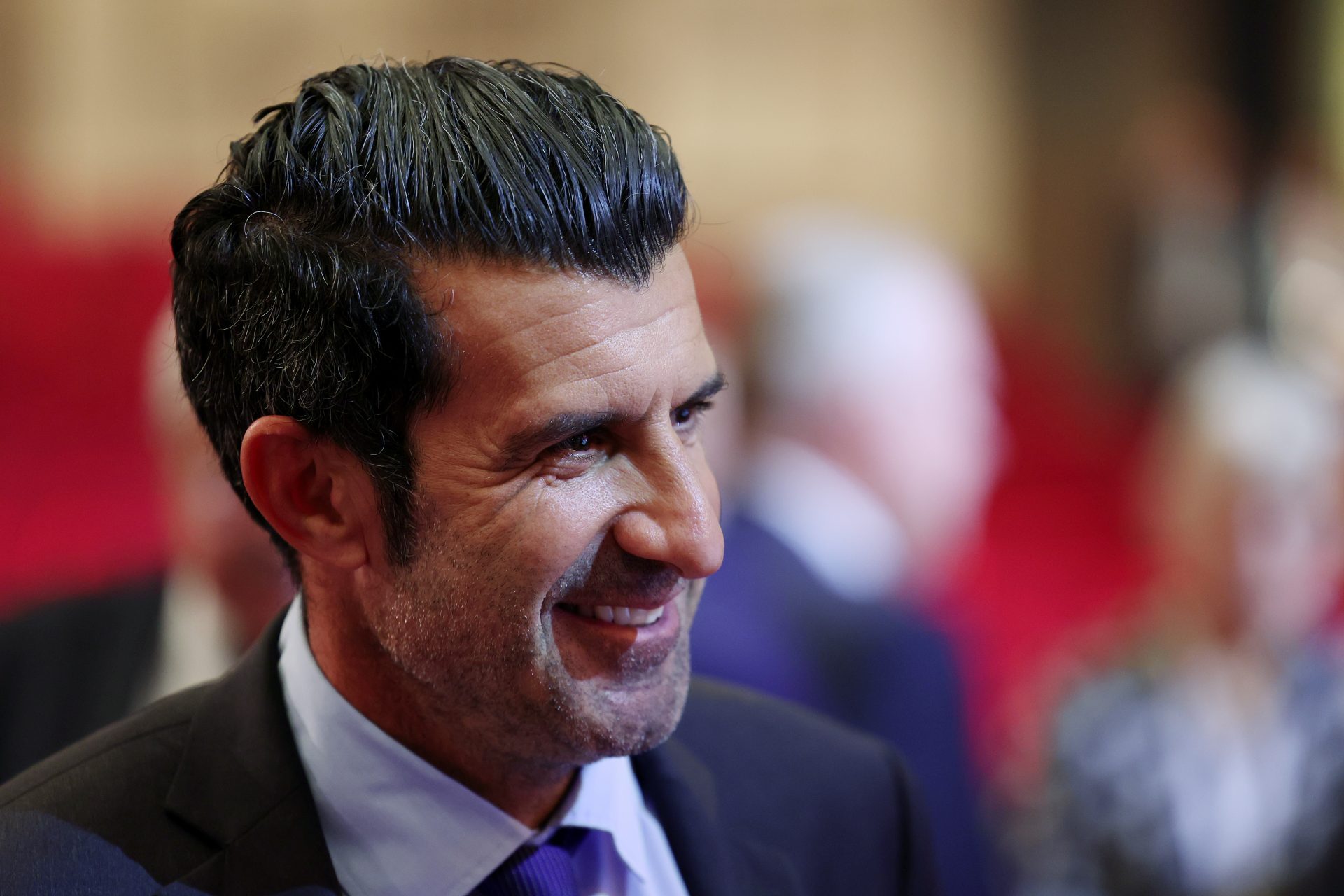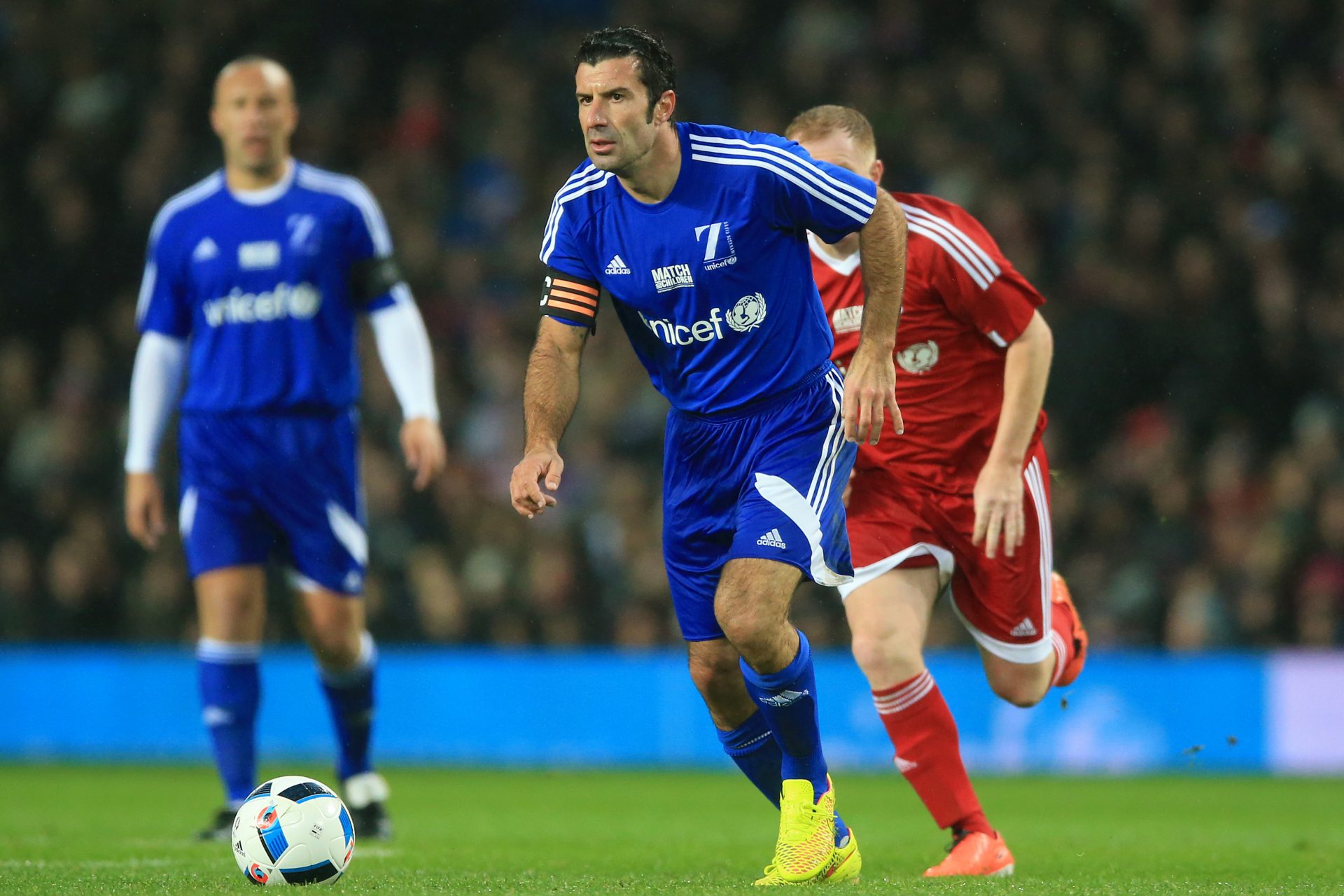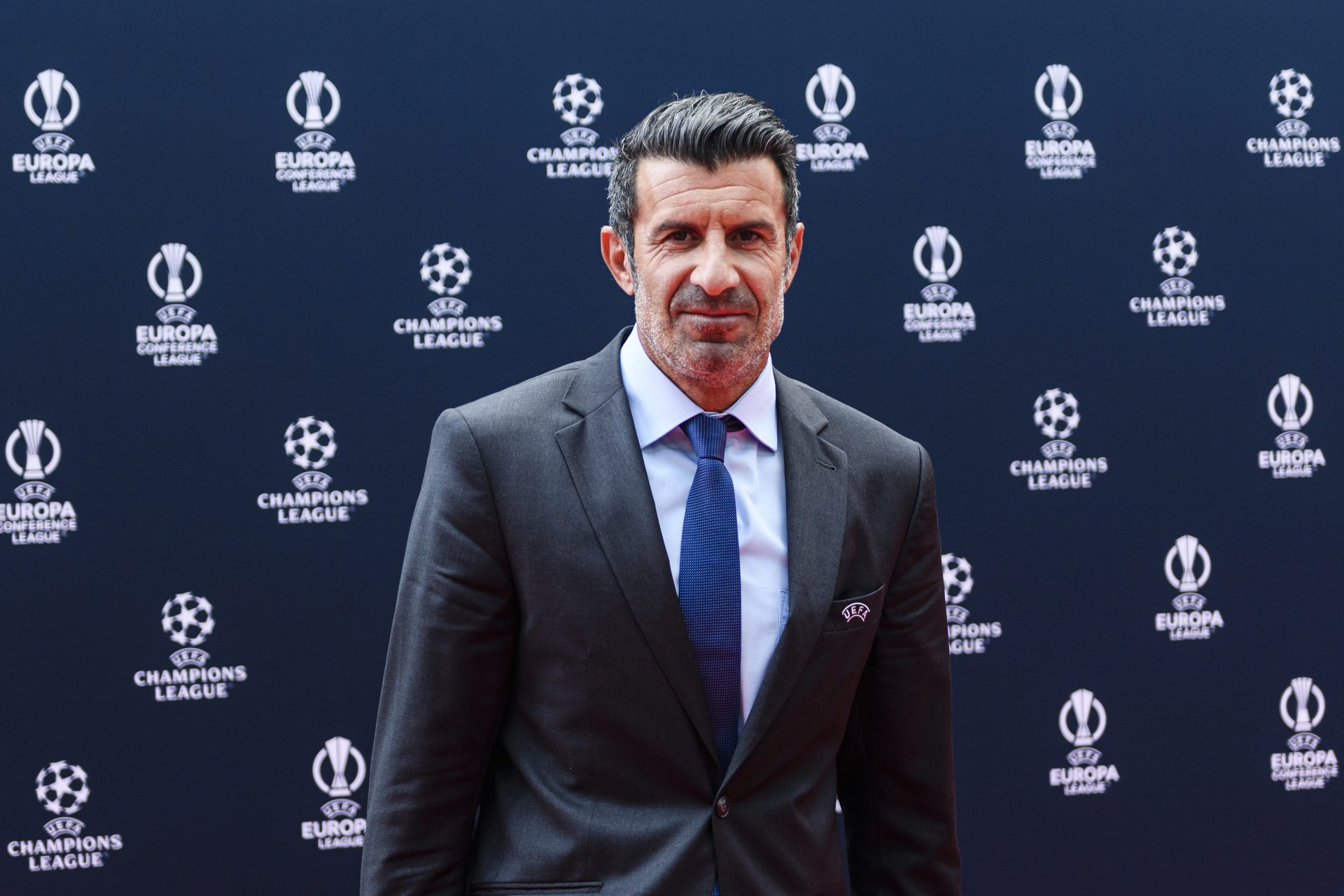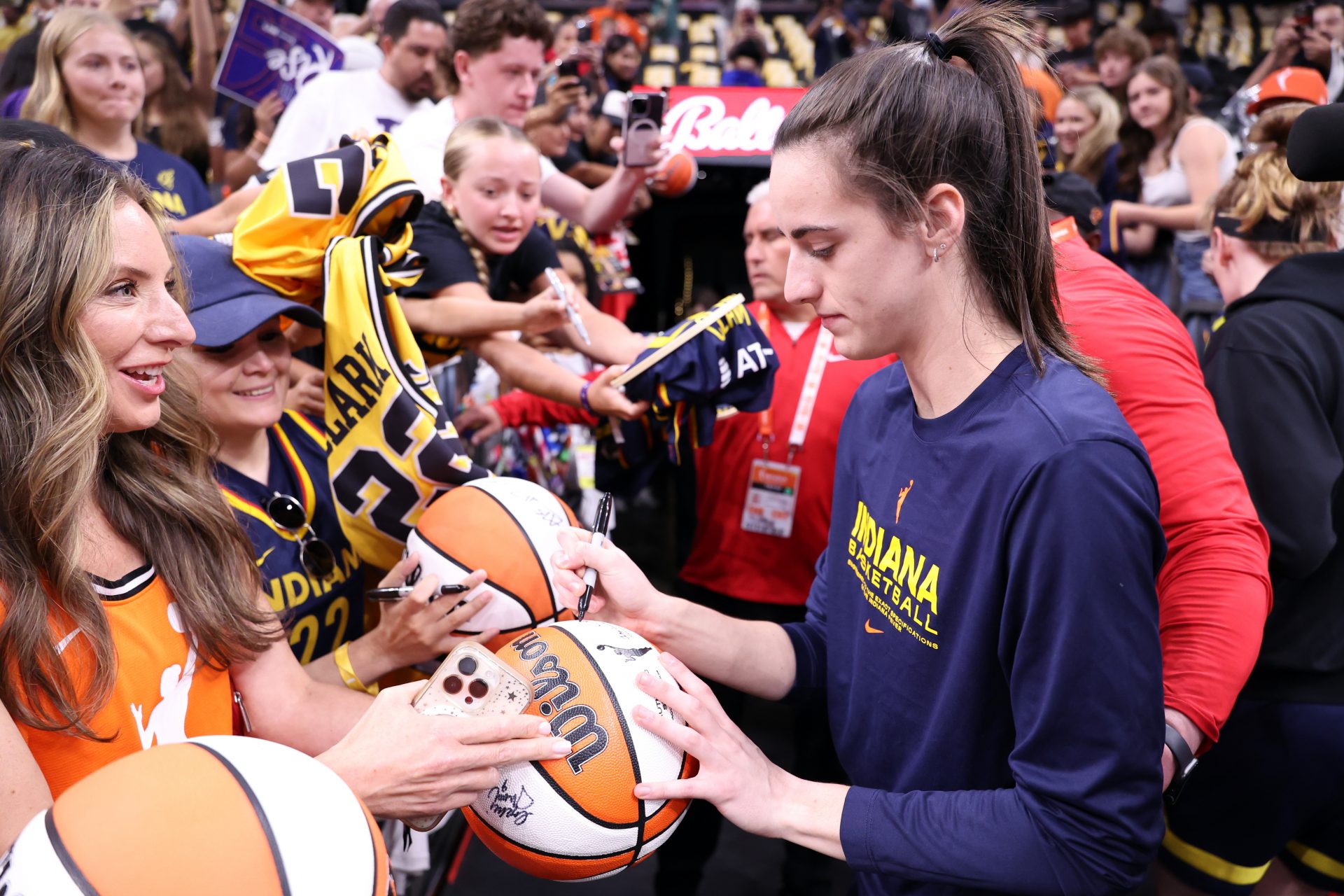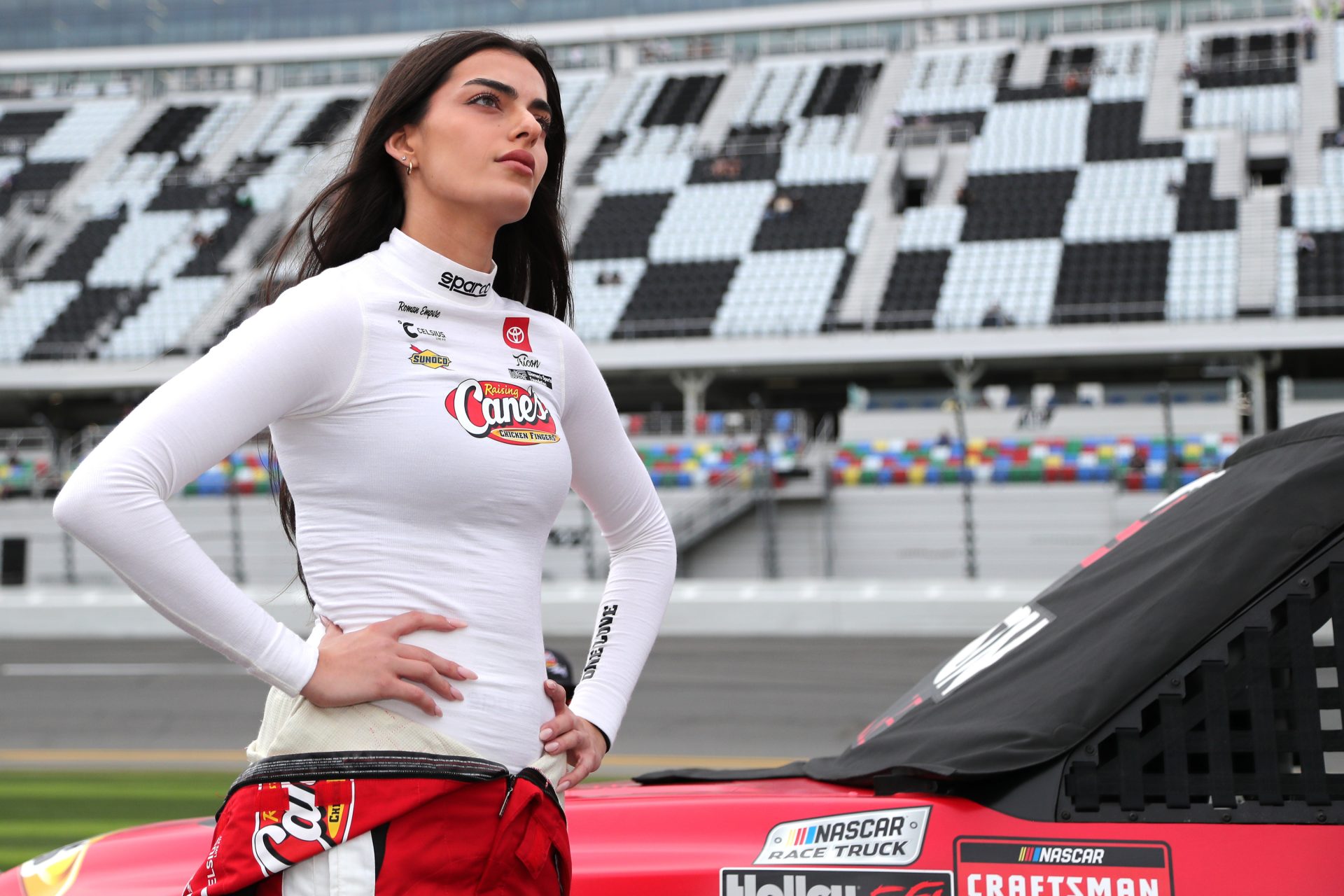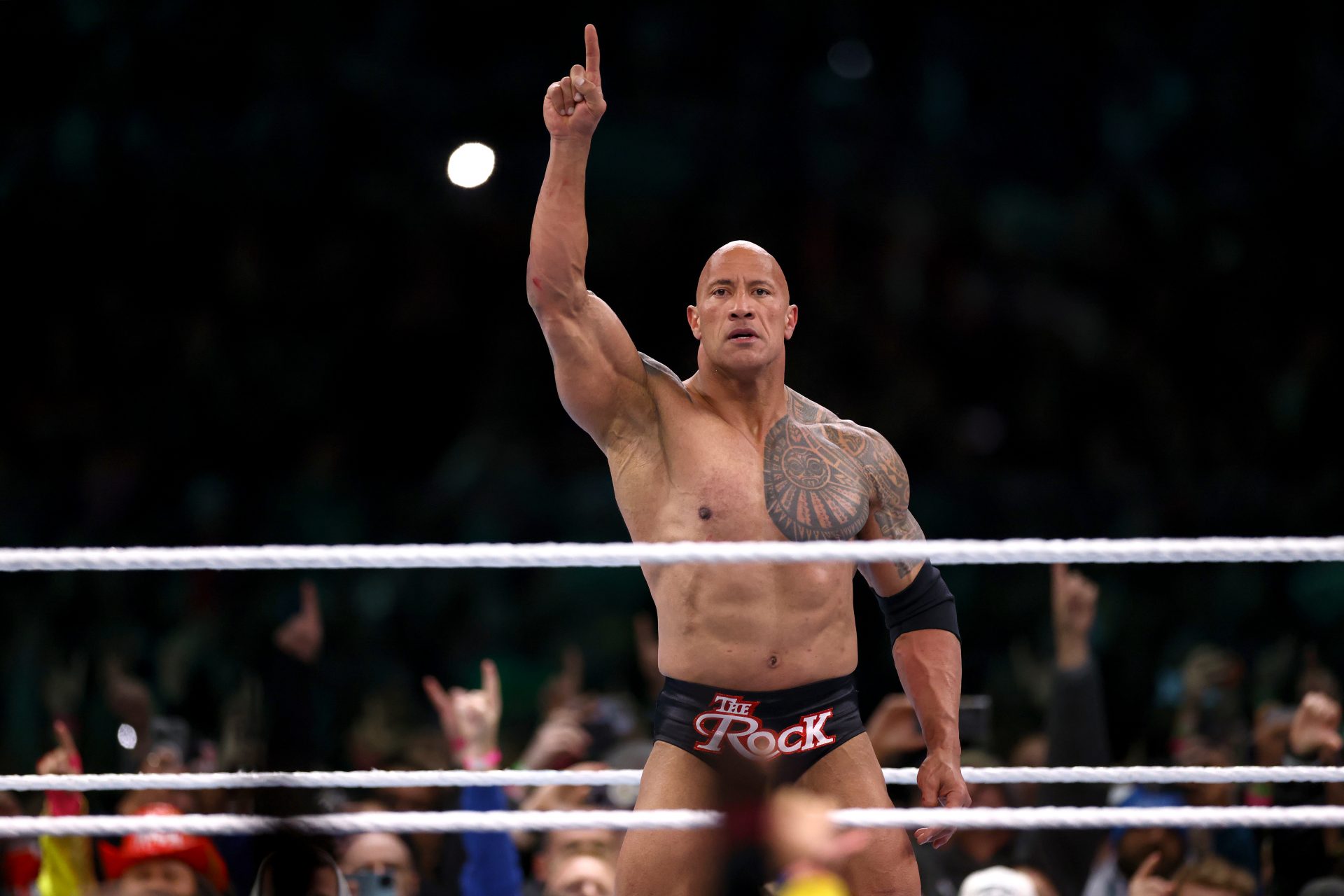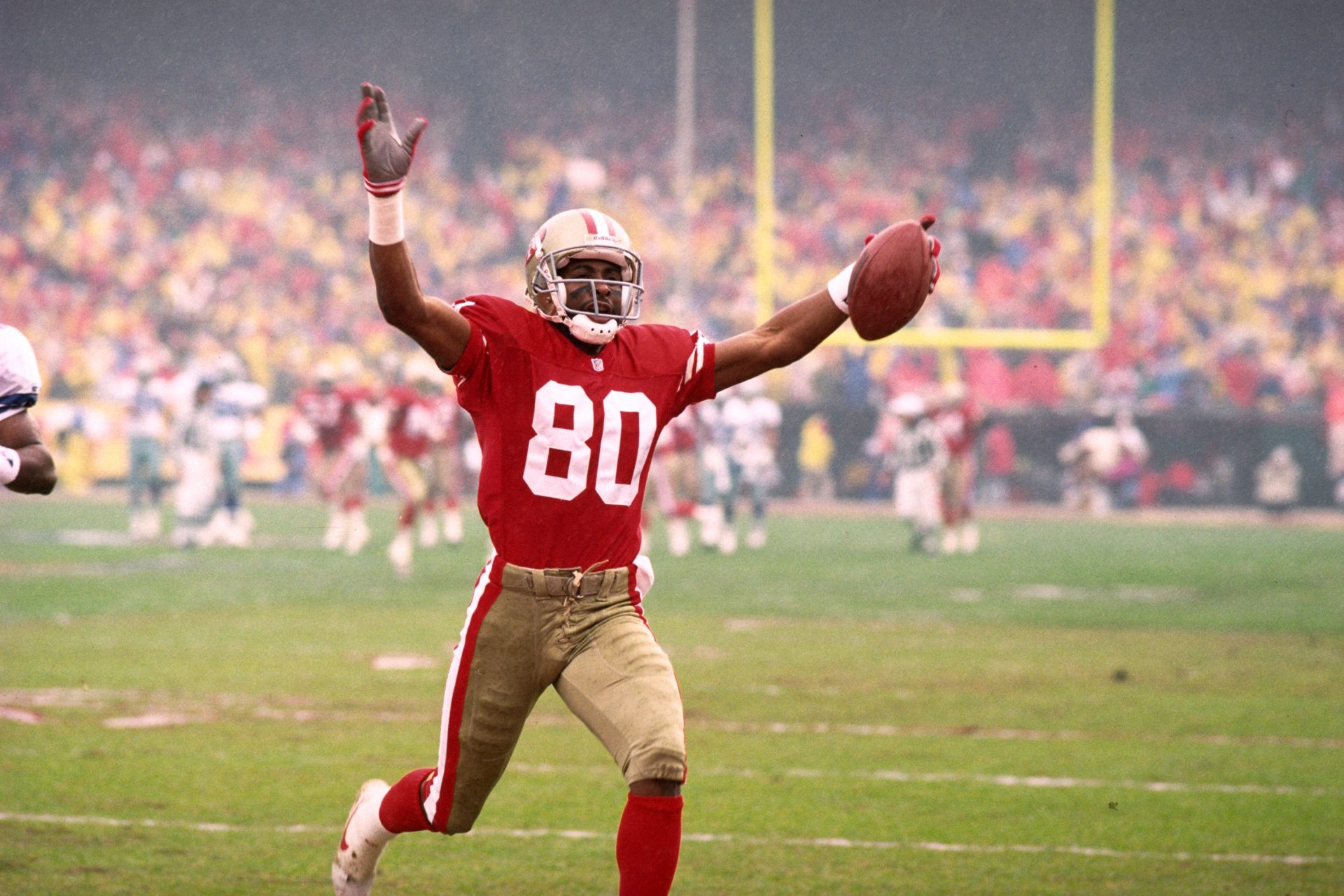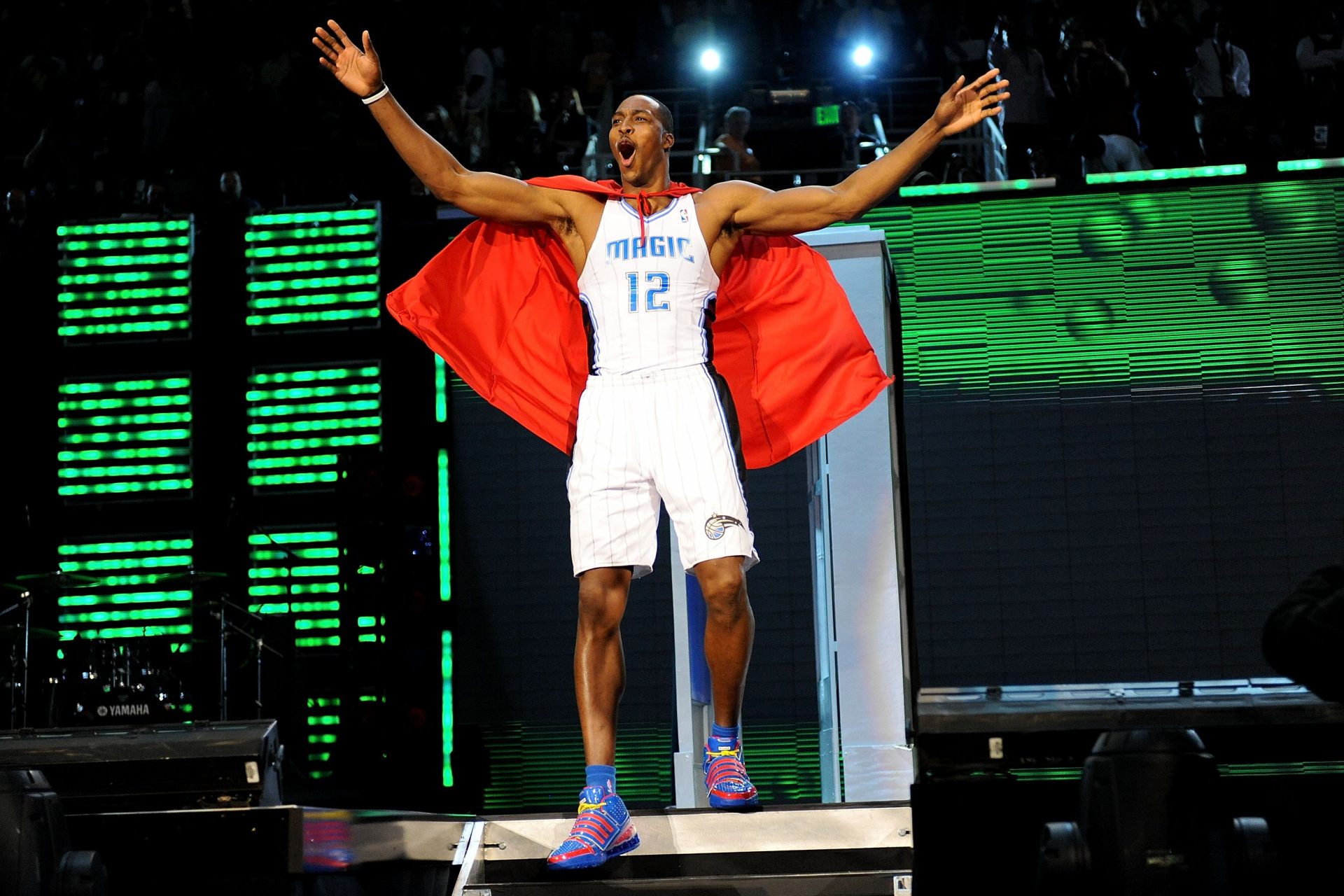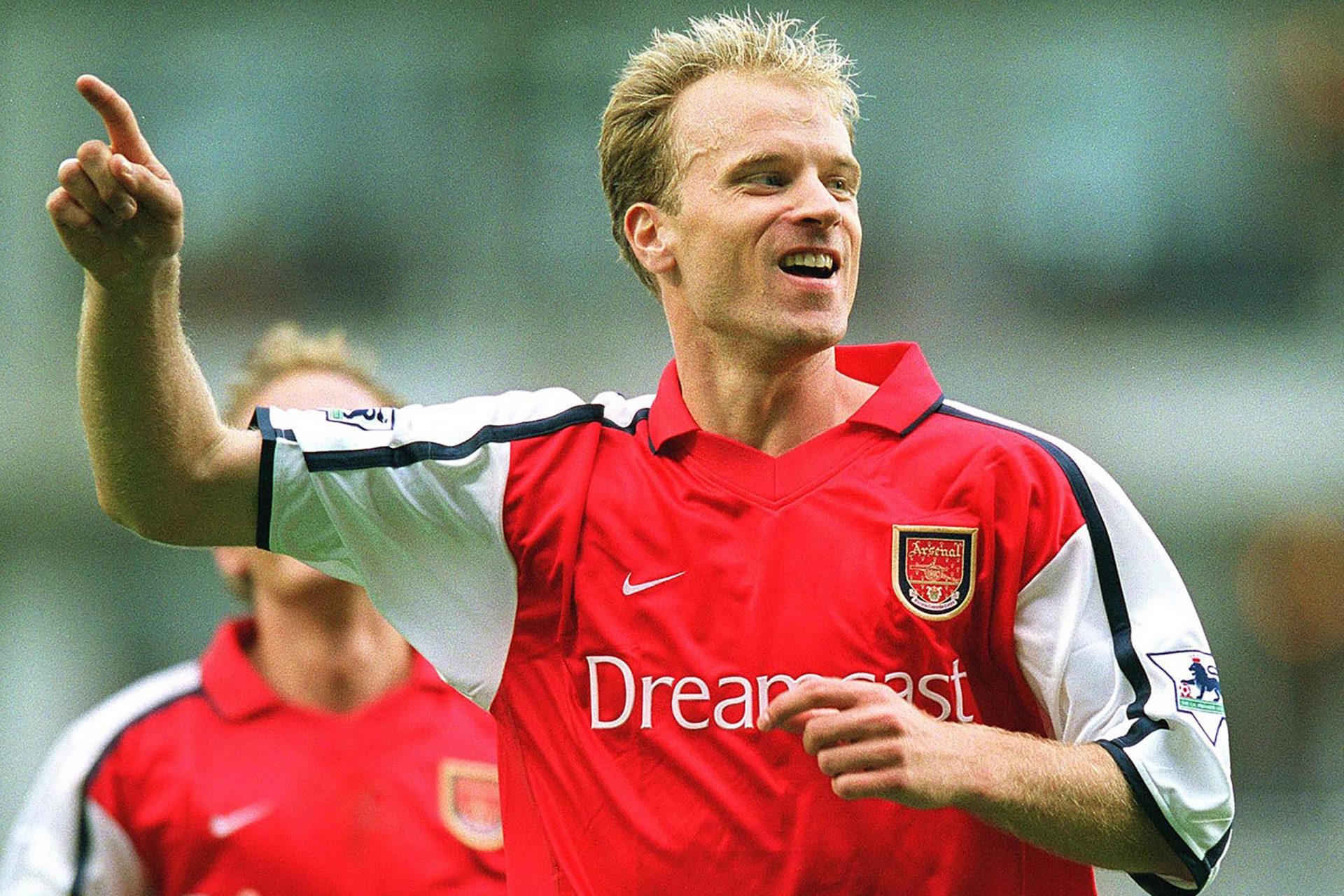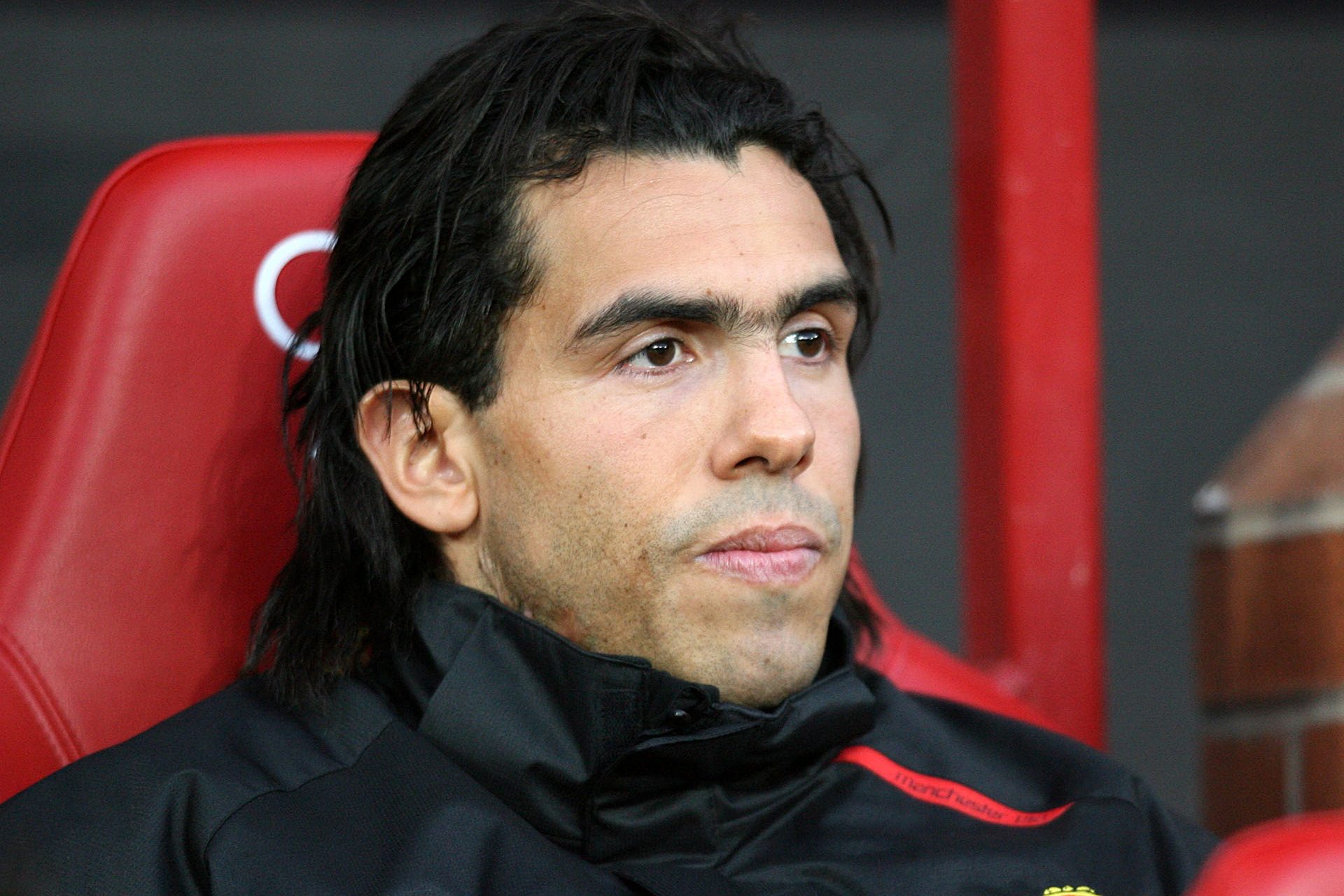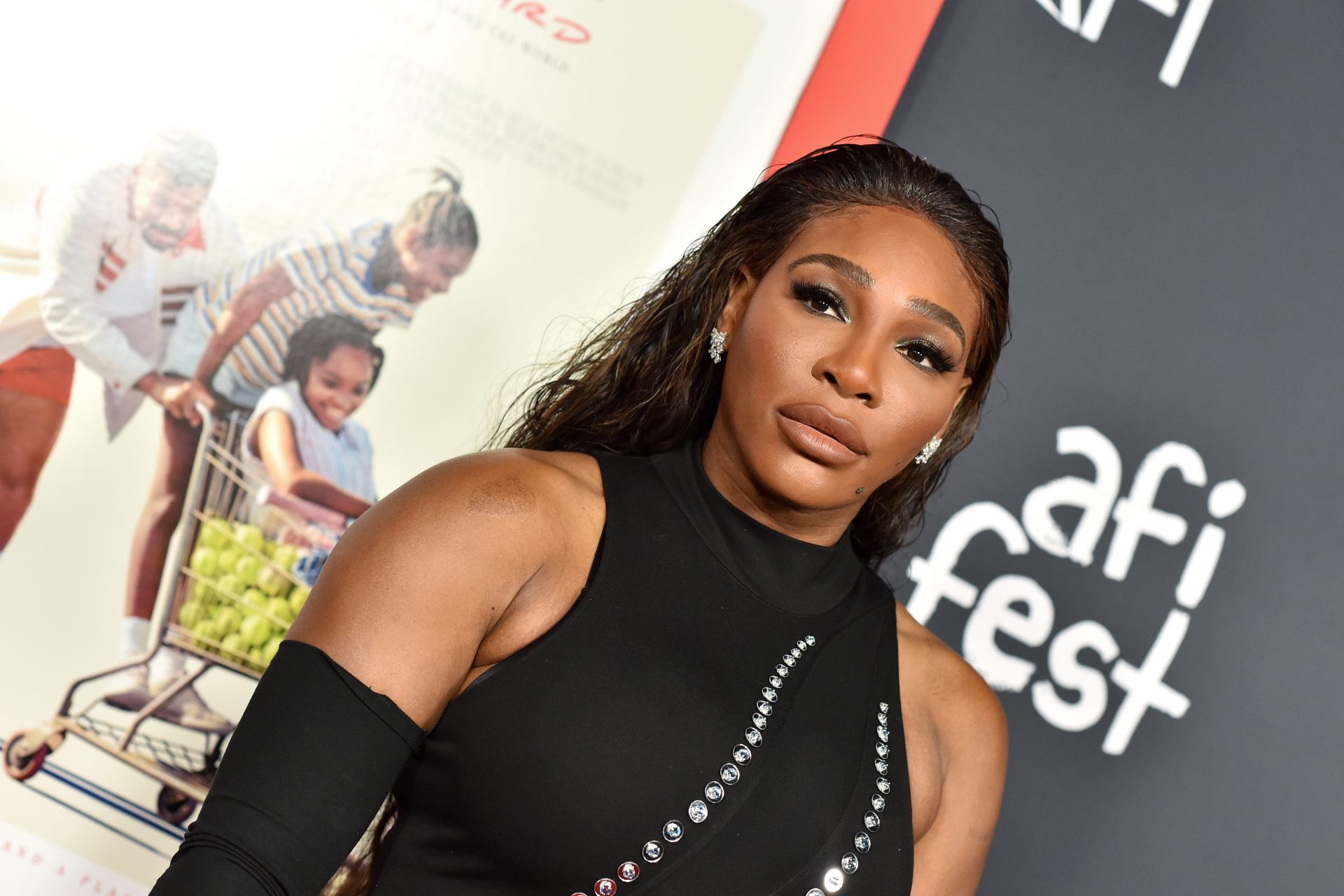The career and life of former Real Madrid star Luis Figo
Luís Figo was one of the best footballers of his generation, carving out an exceptional career with many trophies, but not without controversy. This is the story of one of Portugal's best ever footballers.
Luís Filipe Madeira Caeiro Figo was born in Almada on 4 November 1972 to António Caeiro Figo and Maria Joana Pestana Madeira.
Figo started playing football at Os Pastilhas, but soon made the leap to Sporting CP's youth academy.
Want to see more like this? Follow us here for daily sports news, profiles and analysis!
Figo made his debut for Sporting in April 1990 and scored his first goal in late 1991.
Around that time, he had already started making a name for himself, winning the 1991 FIFA U-20 World Cup alongside other rising stars such as Rui Costa and João Pinto.
In the 1994/95 season he won his only trophy with Sporting, the Portuguese Cup.
Figo attracted interest from big European clubs and signed a contract with both Juventus and Parma. The two clubs, however, argued over the Portuguese's transfer, and it resulted in Figo being banned from transferring to Italy for two years.
It was FC Barcelona who took advantage of the situation and signed Figo for € 2.5 million in 1995 (Transfermarkt).
He immediately had an impact in Catalonia and won the UEFA Cup Winners' Cup in the 1996/97 season.
The following two seasons, Figo and his Barcelona teammates became Spanish champions on two consecutive occasions.
At the time, Figo was a highly revered figure in Barcelona and would never put a foot wrong. Or so Barça fans thought, at least.
In the summer of 2000, Figo surprised everyone by signing for arch-rivals Real Madrid, who paid the Portuguese's buyout clause.
Figo's transfer meant the start of the Galácticos era in Madrid, with global stars being signed by President Florentino Pérez.
Want to see more like this? Follow us here for daily sports news, profiles and analysis!
Barça fans felt betrayed by Figo, the former golden child would receive a hostile reception from the crowd when he returned to Camp Nou for the first time in October 2000.
However, shortly after, Figo experienced one of the greatest triumphs of his career, winning the 2000 Ballon d'Or.
With Figo in its team, Real Madrid went on to win many titles. Figo won two Spanish league titles and a Champions League, among other trophies.
In 2001, he claimed another important individual trophy, the FIFA World Player of the Year award.
Meanwhile, Barça fans still struggled to accept Figo's move to the Spanish capital, which became evident when a pig's head was thrown onto the pitch during his second visit to Camp Nou in late 2002.
Netflix even made a documentary about Figo's transfer to Madrid, titled 'The Figo Affair: The Transfer that Changed Football', in which the player himself tells his side of the story.
In August 2005, Figo's Spanish adventure came to an end with his free transfer to Italian side Internazionale.
In Milan, Figo continued to do what he was good at: winning trophies, including four consecutive Italian league titles.
After the 2008/09 season, Figo hung up his boots and said goodbye to his football playing career.
Want to see more like this? Follow us here for daily sports news, profiles and analysis!
During his career, Figo also became one of Portugal's key players.
He represented Portugal 127 times, scoring 32 goals (Transfermarkt).
With Figo as captain, Portugal reached the final of Euro 2004 in front of their home crowd but lost dramatically to Greece.
After his playing career, Figo wanted to run for the FIFA presidency, but eventually withdrew from the election. He later worked for Inter and then started as an advisor of management at UEFA.
Outside of football, Figo is married to Swedish model Helen Svedin, with whom he has three daughters.
He also got involved in A1GP racing, co-owning the A1 Team Portugal with compatriot Carlos Queiroz.
Figo also joined the battle against tuberculosis, becoming an ambassador for the Stop TB Partnership, which is committed "to eliminating TB as a public health problem by 2030," as stated on its website.
Figo is also a UNICEF ambassador and has his own Luís Figo Foundation, committed to projects and initiatives for underprivileged children.
Figo is much more than a former football star, and he tries to continue to make his mark for a better world every day.
Want to see more like this? Follow us here for daily sports news, profiles and analysis!
More for you
Top Stories



